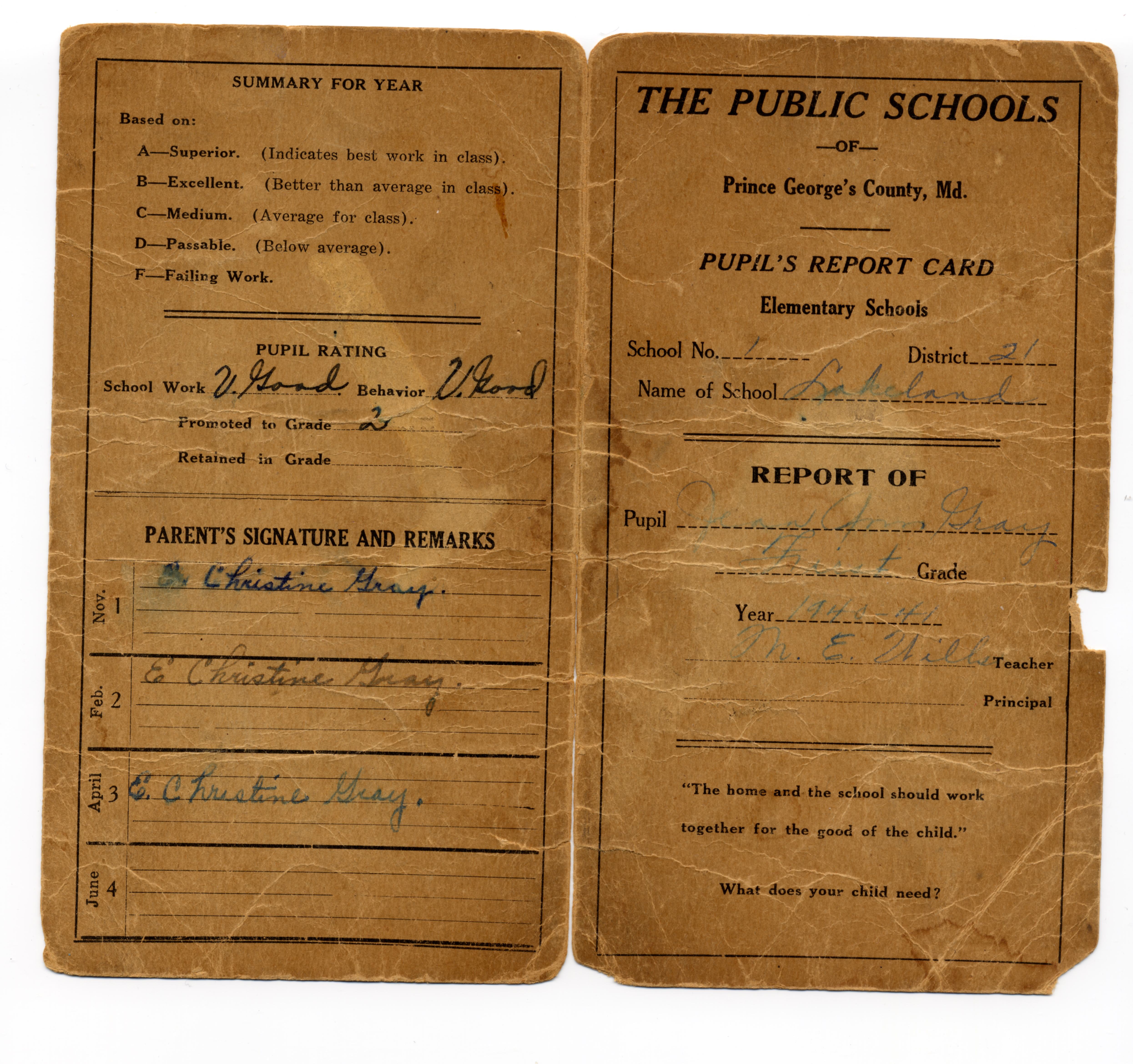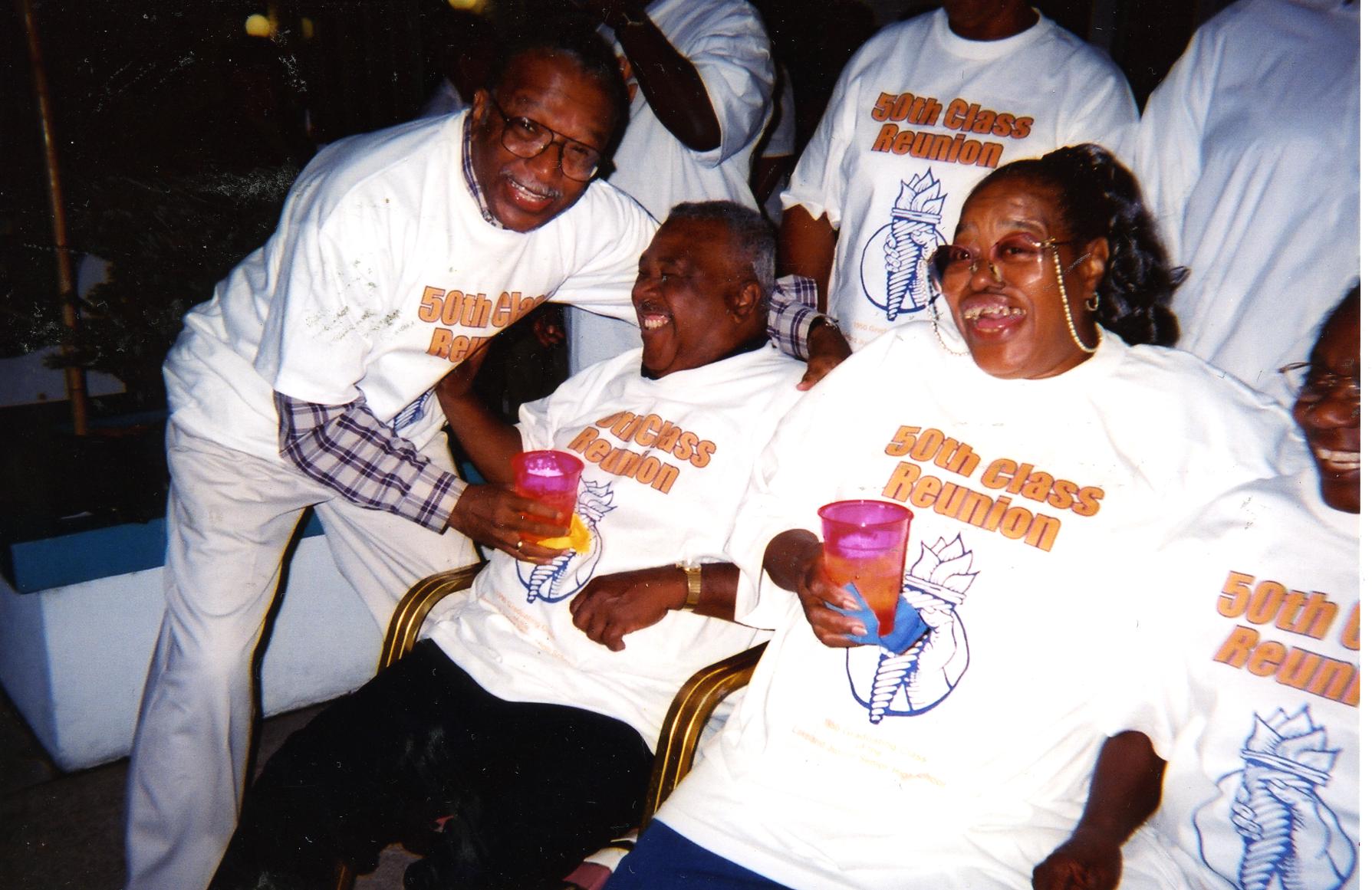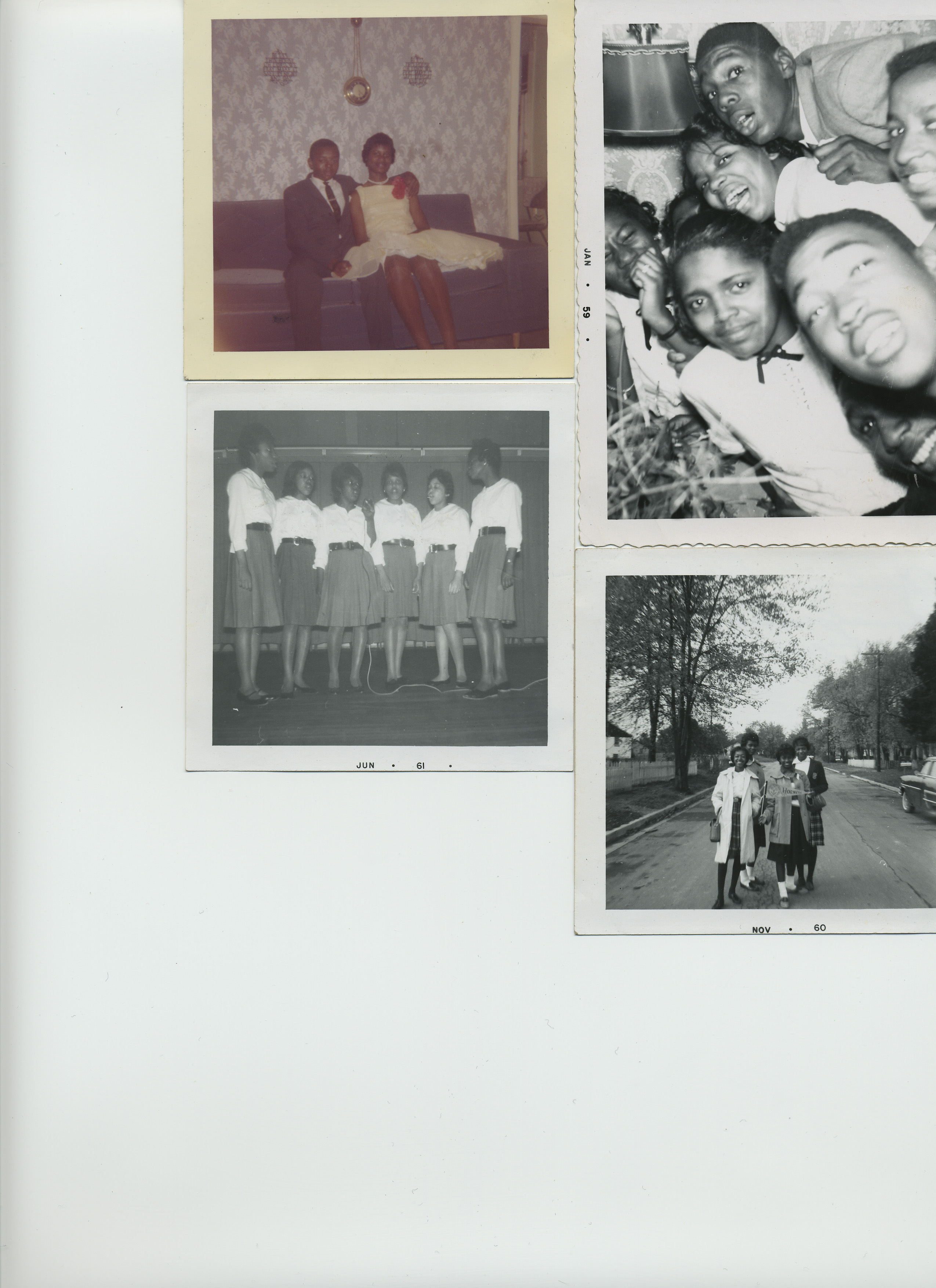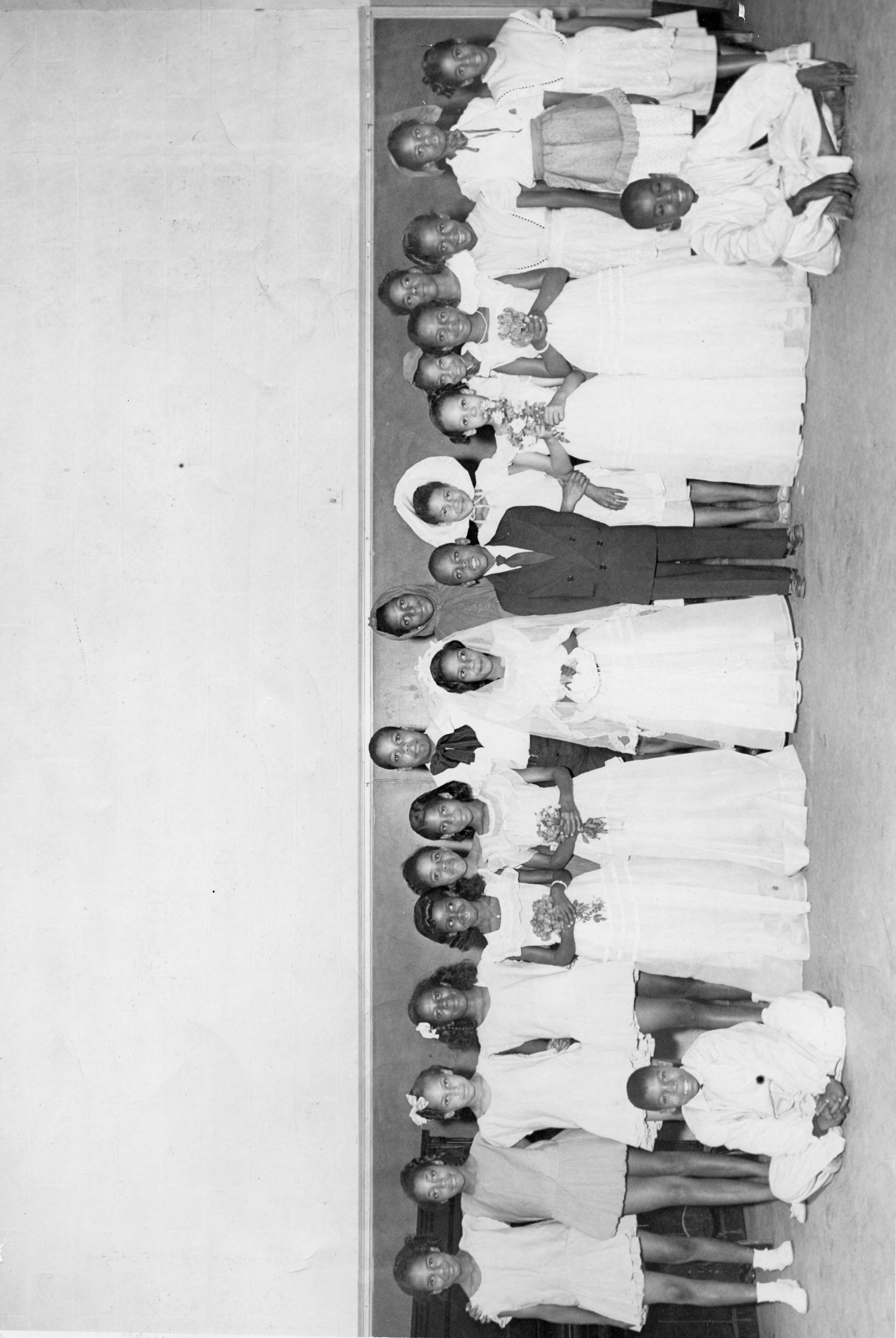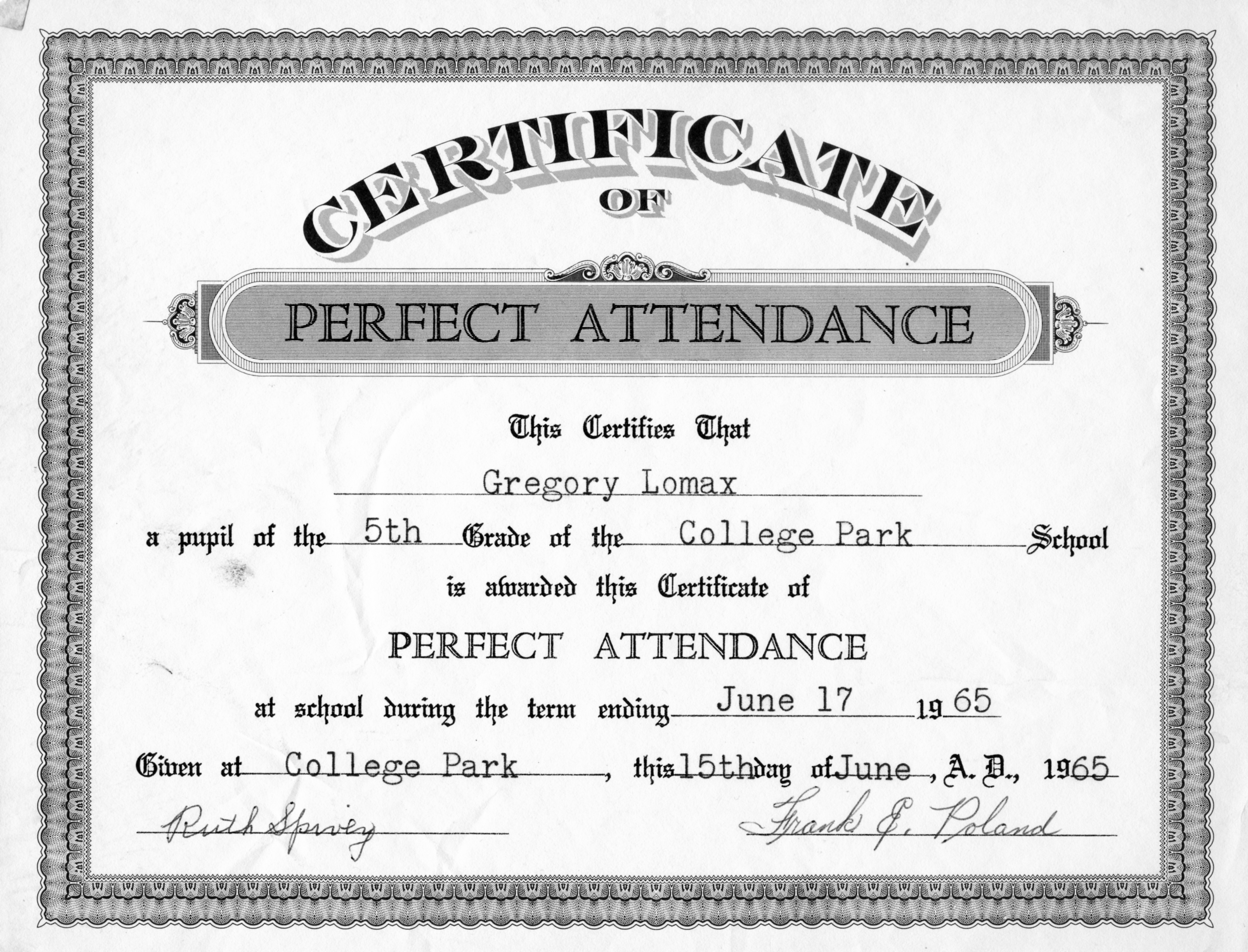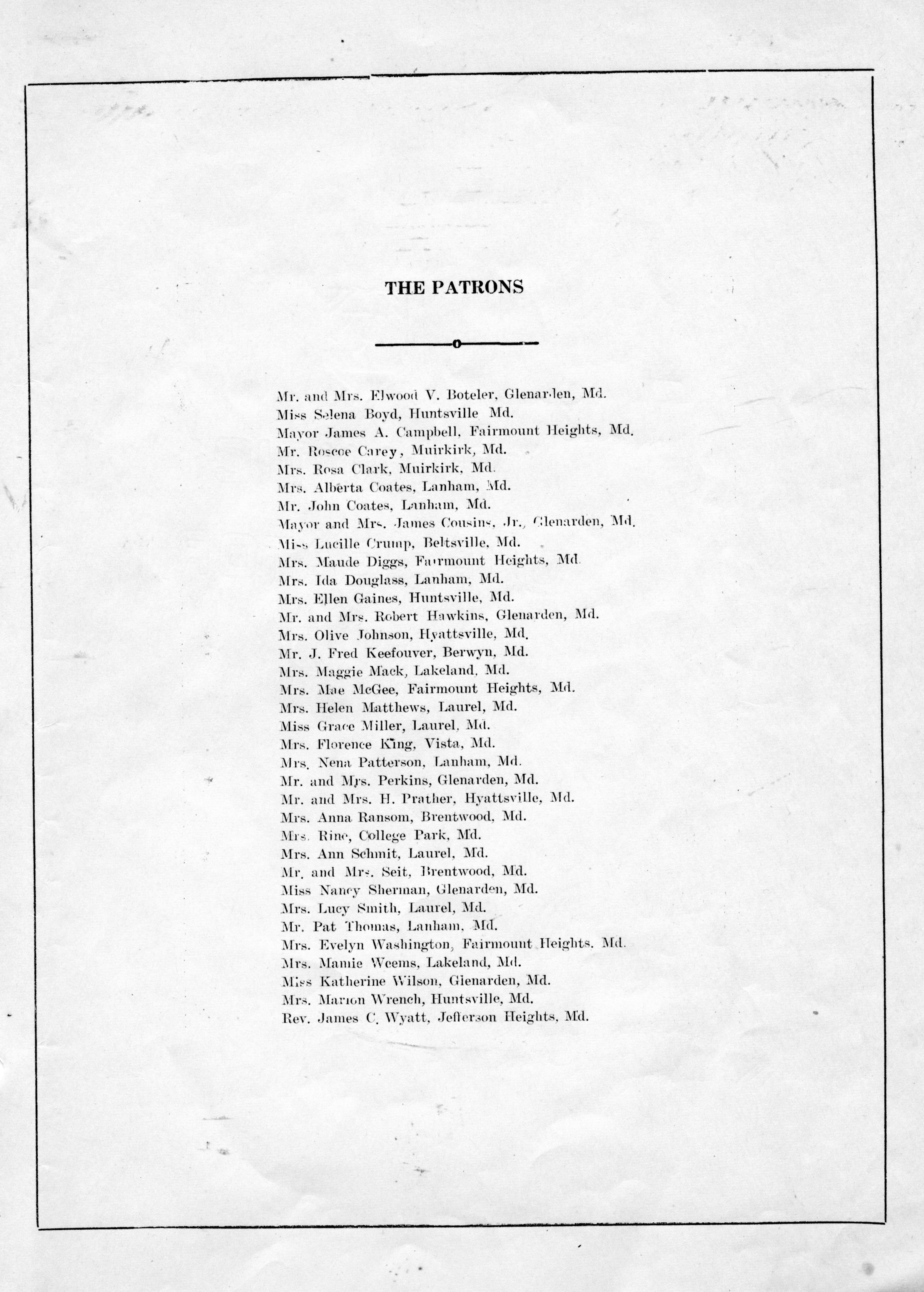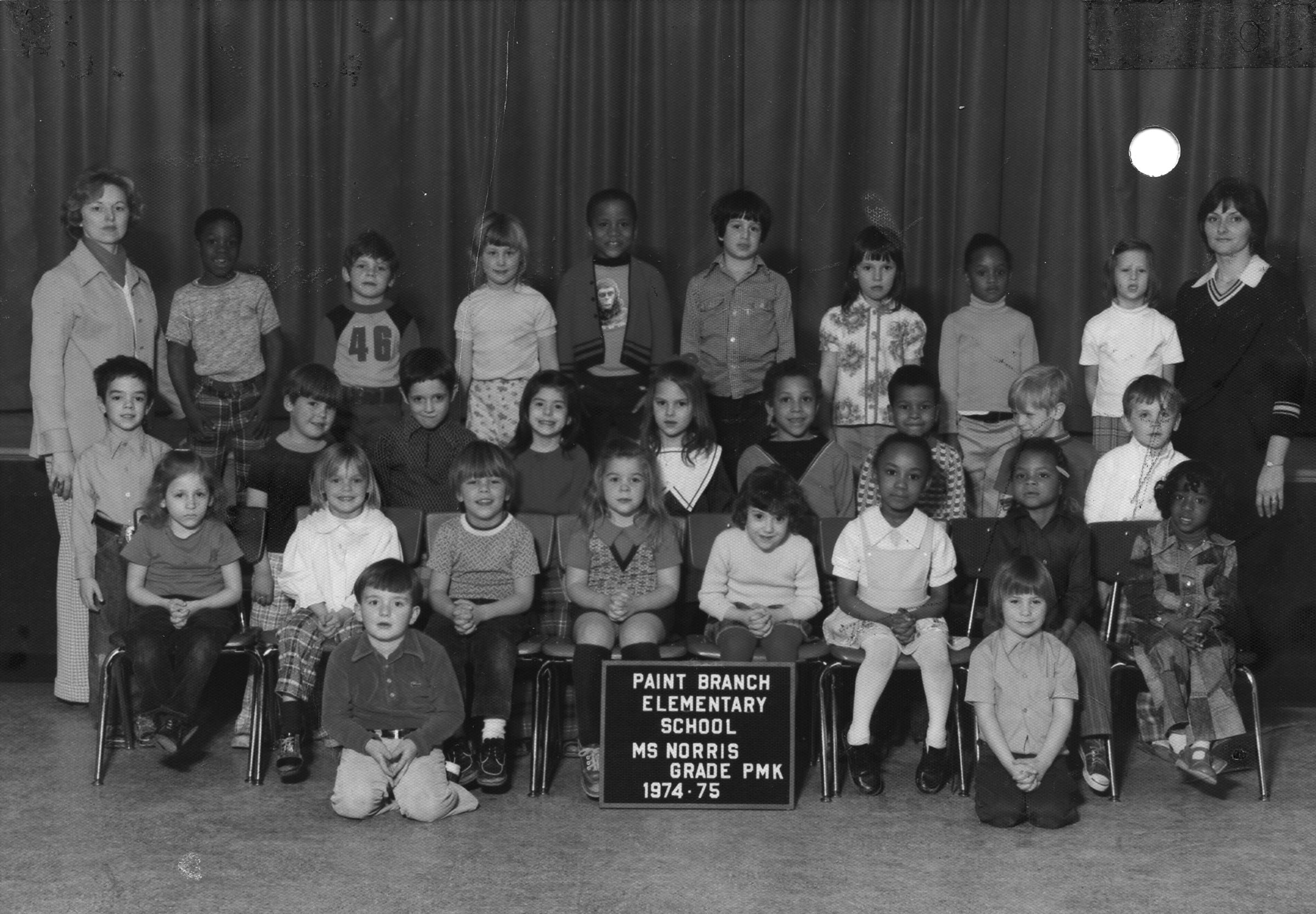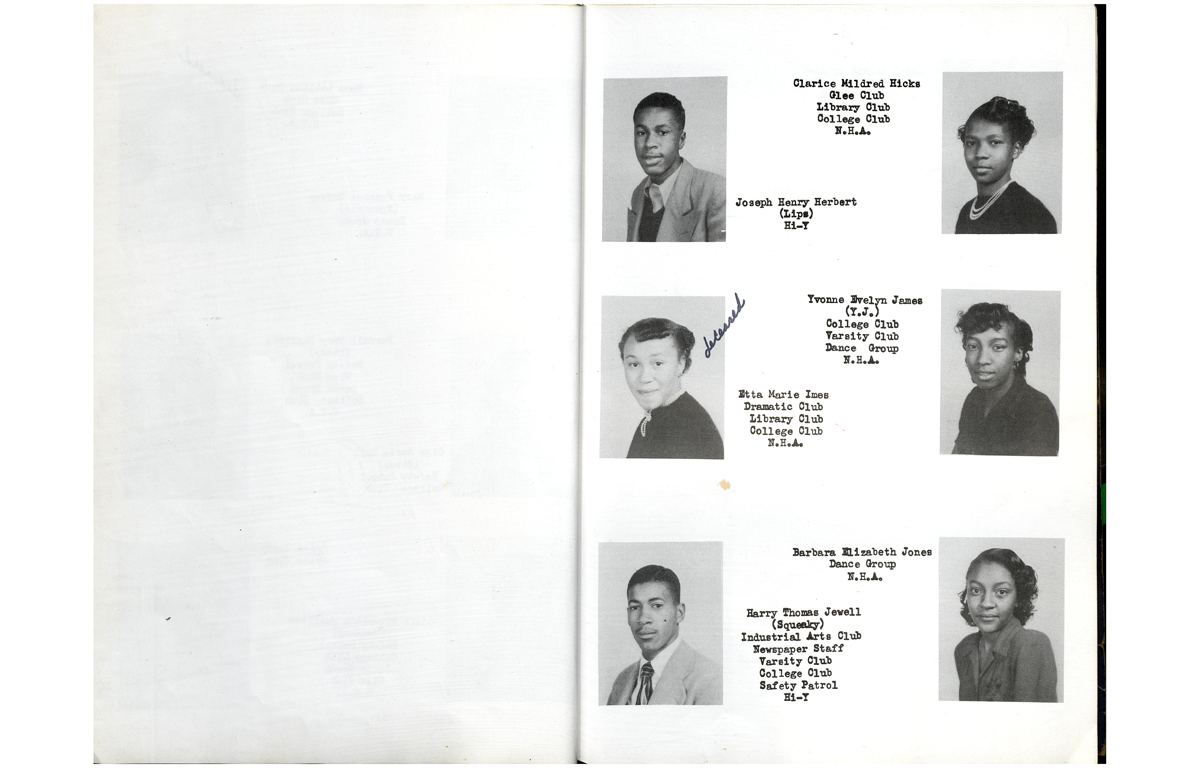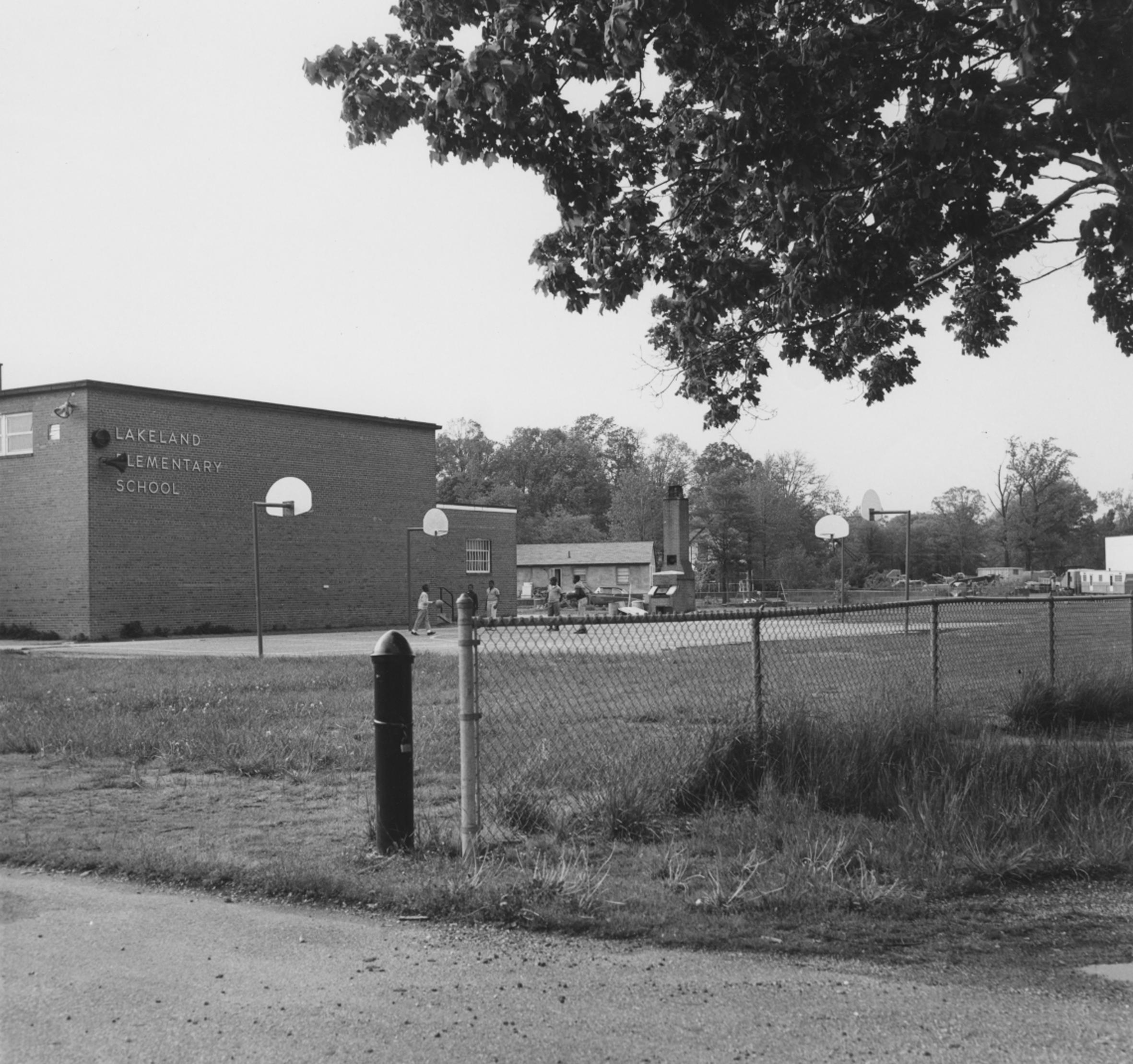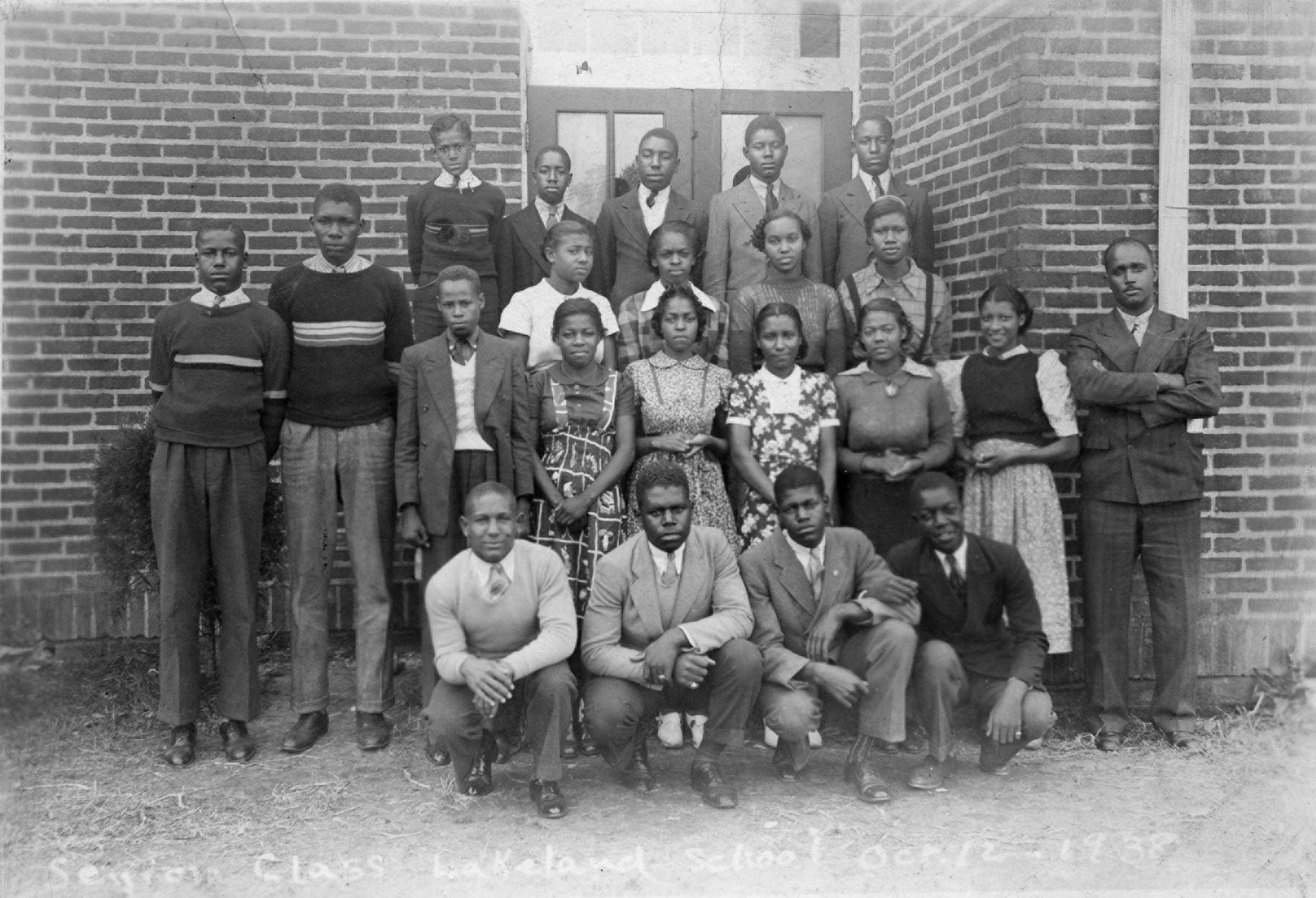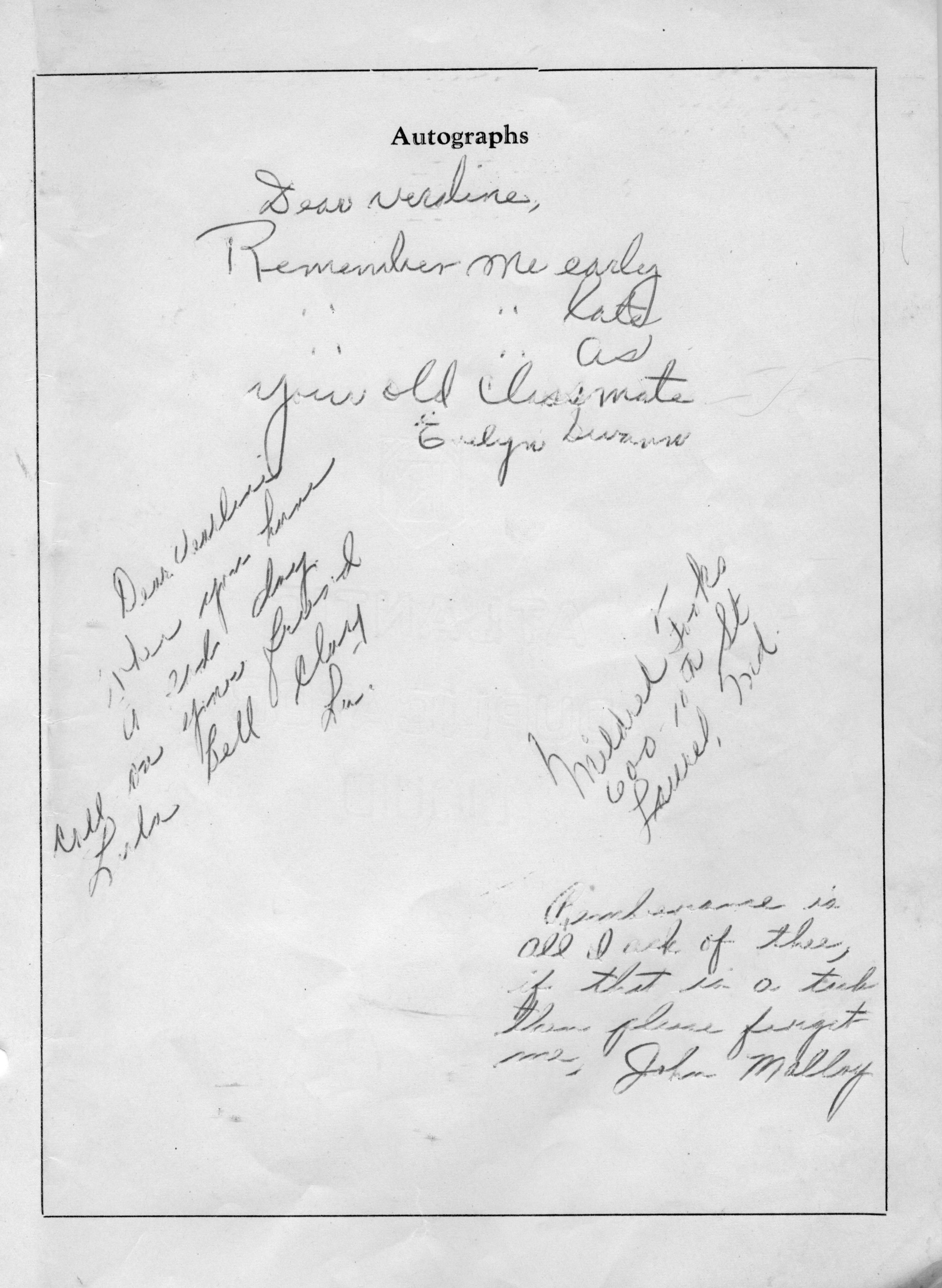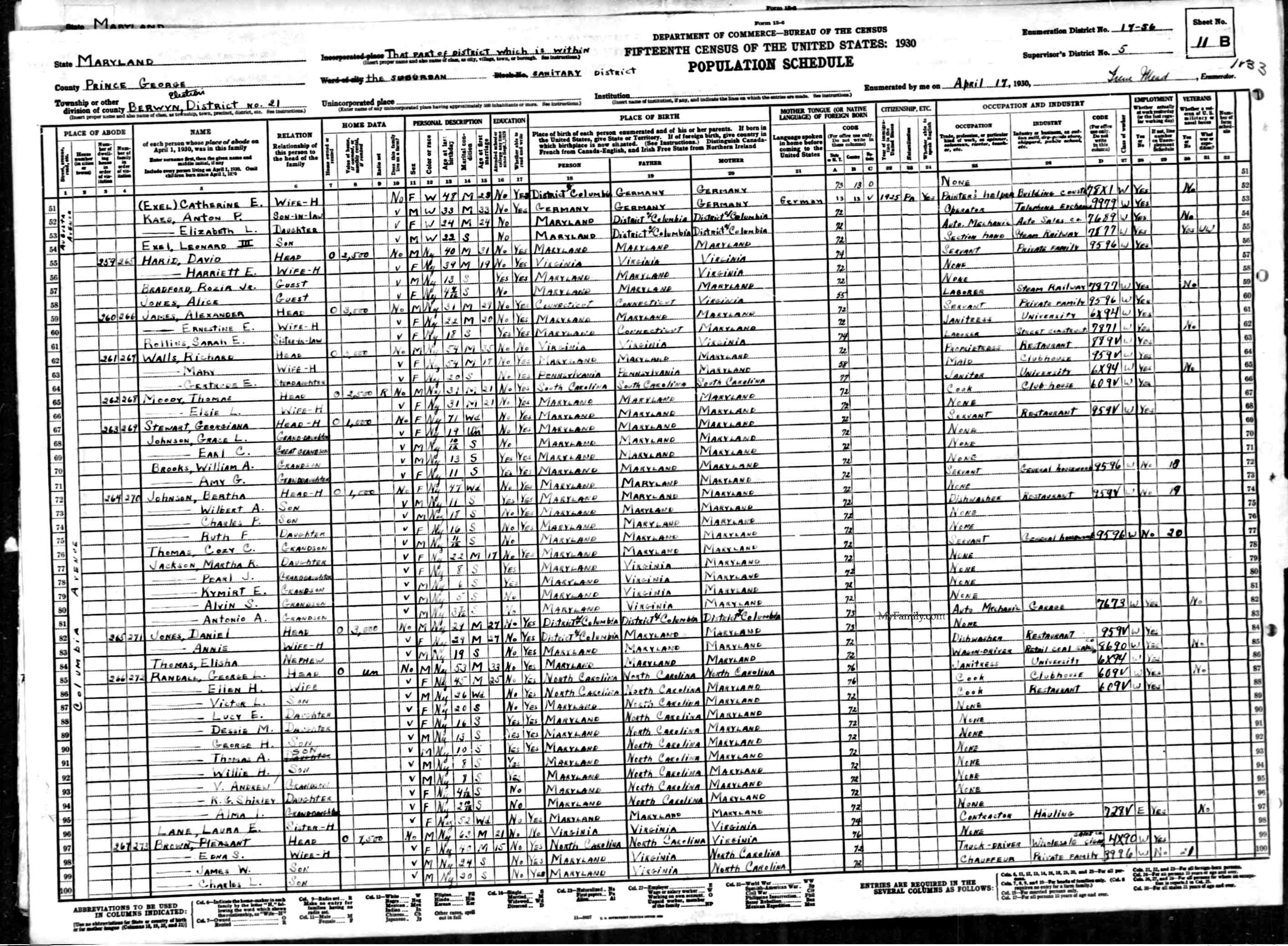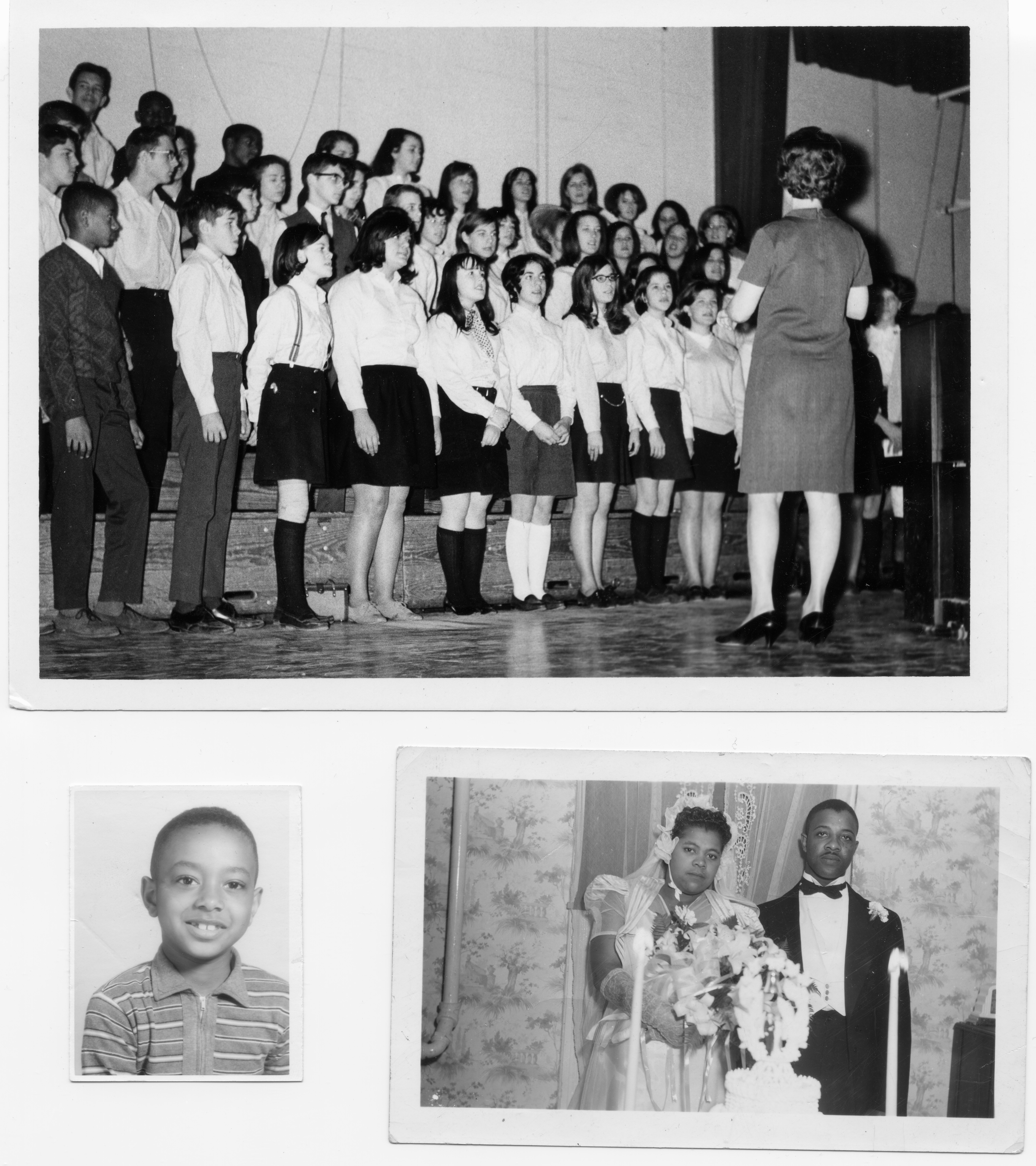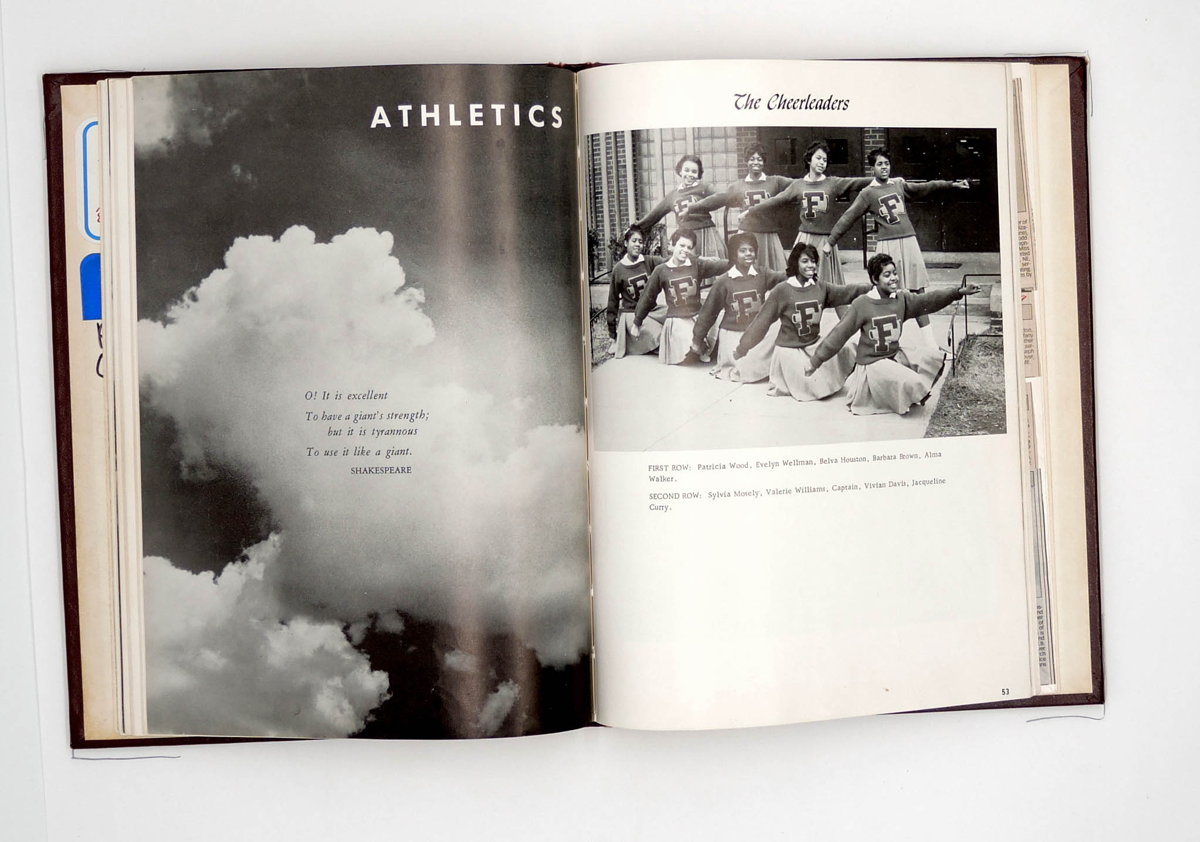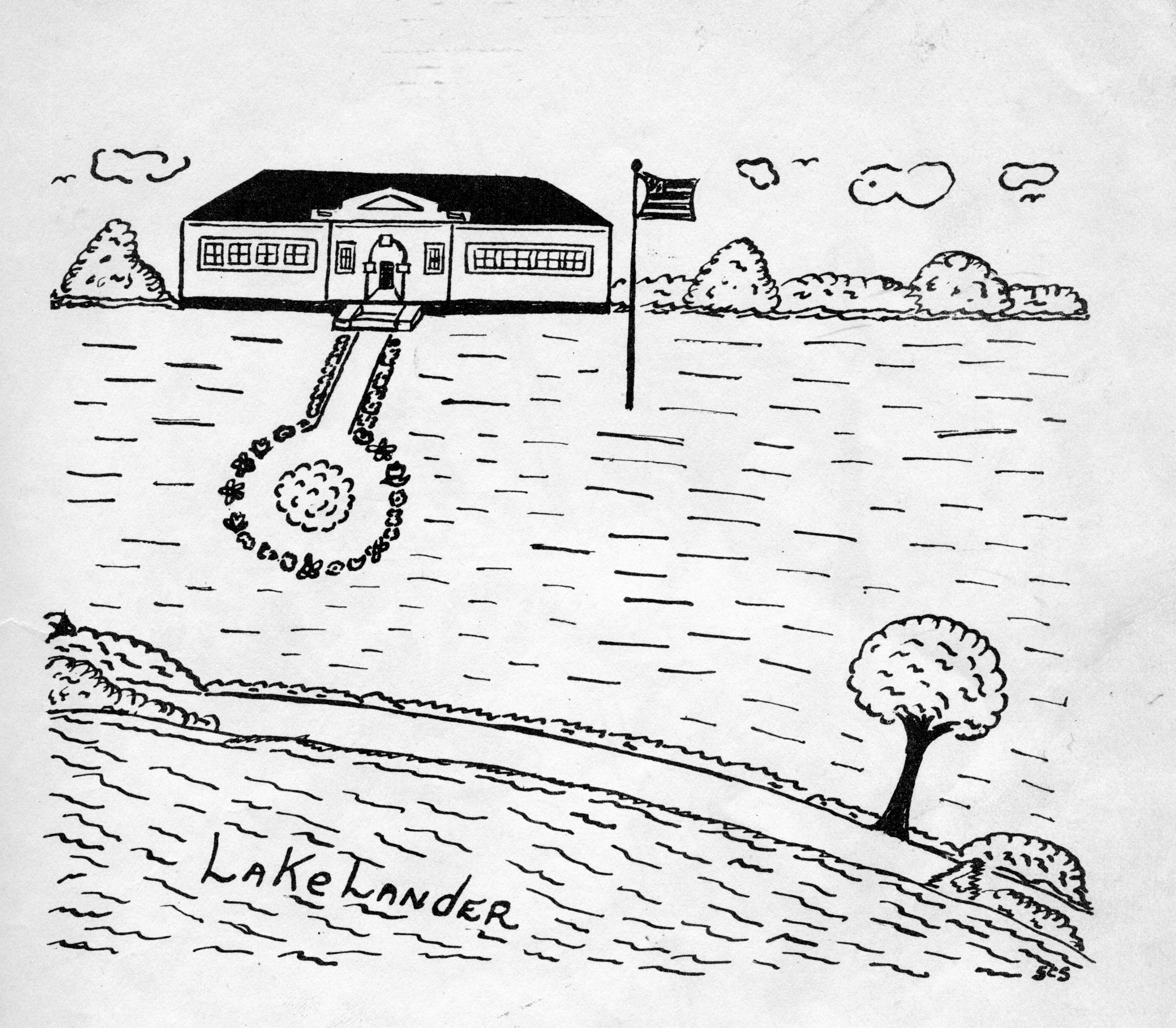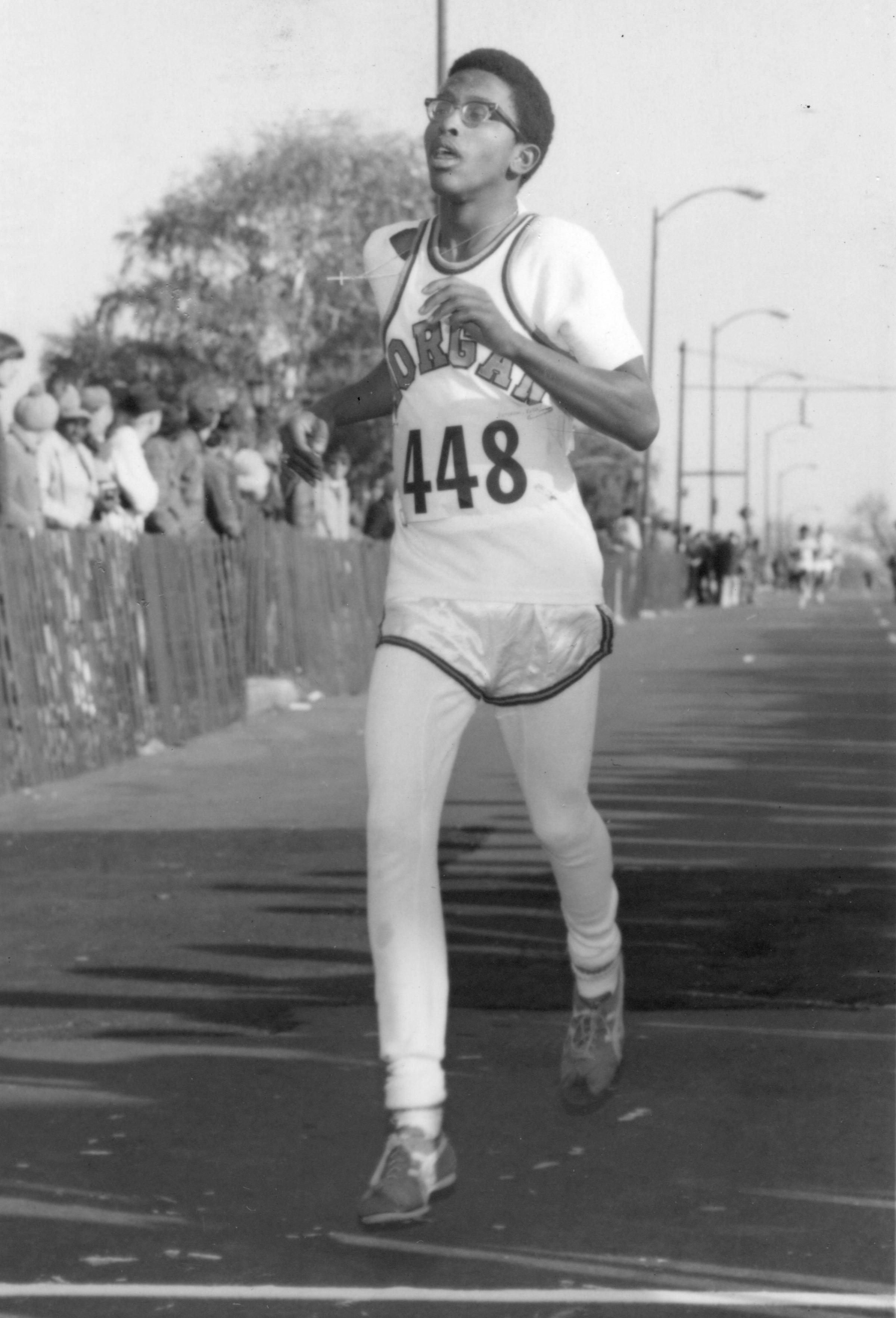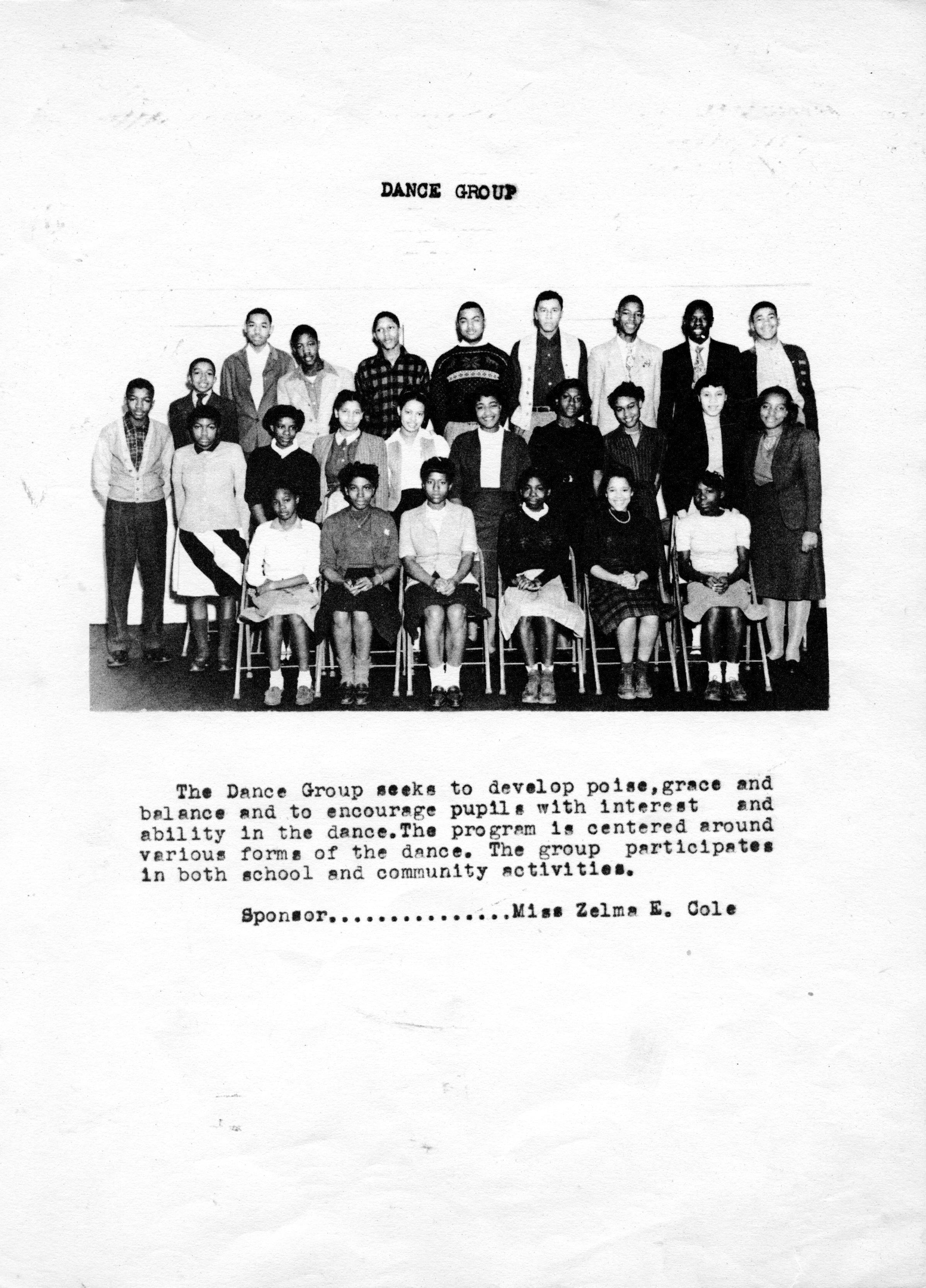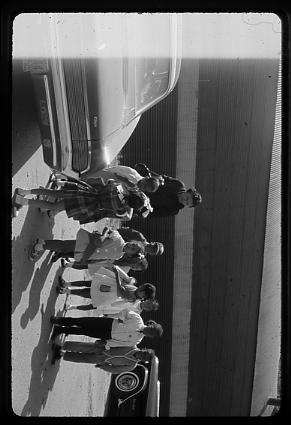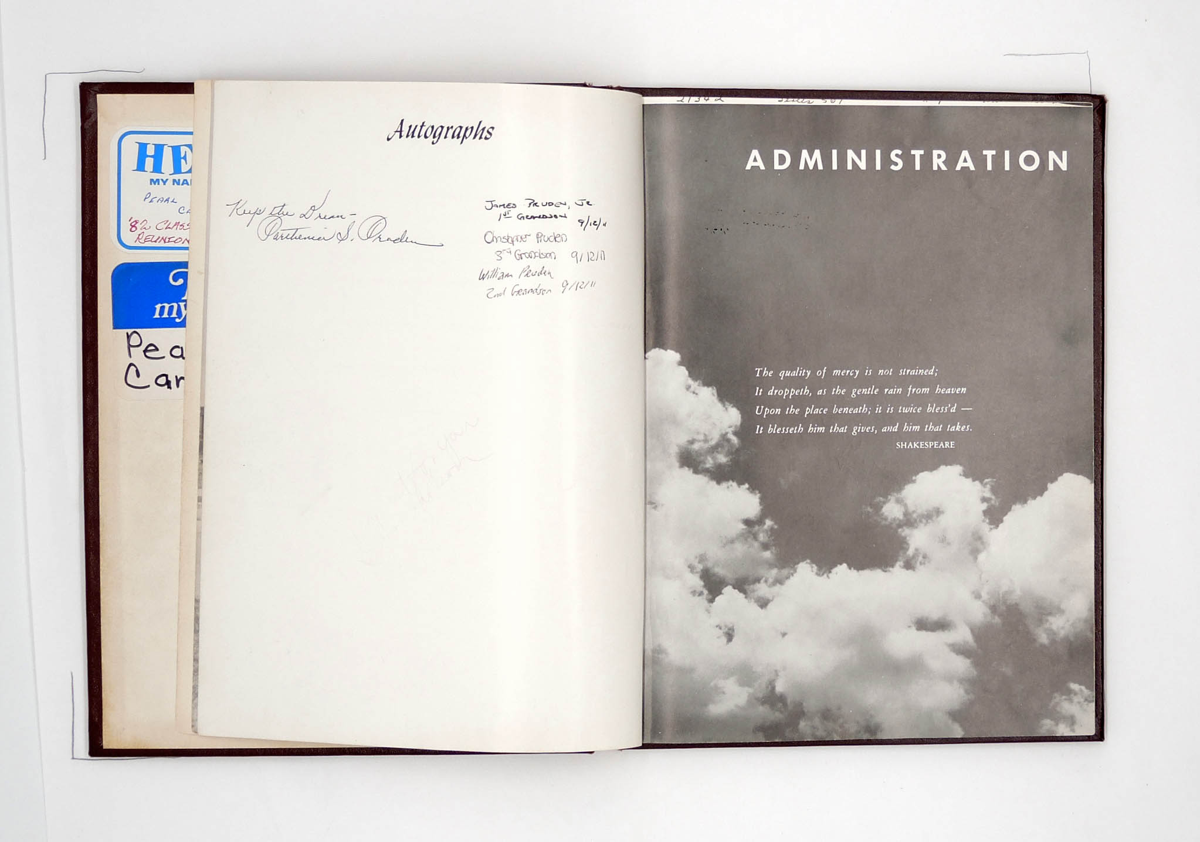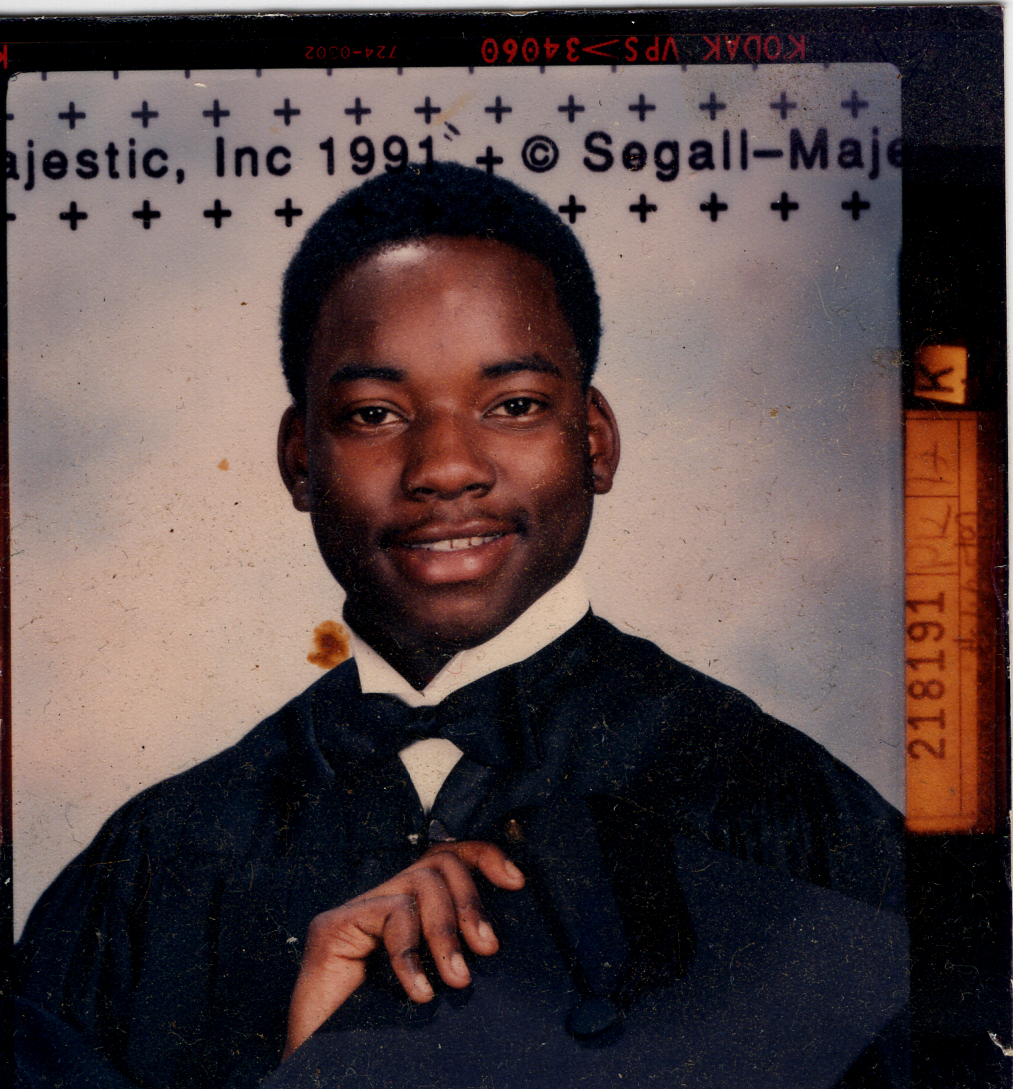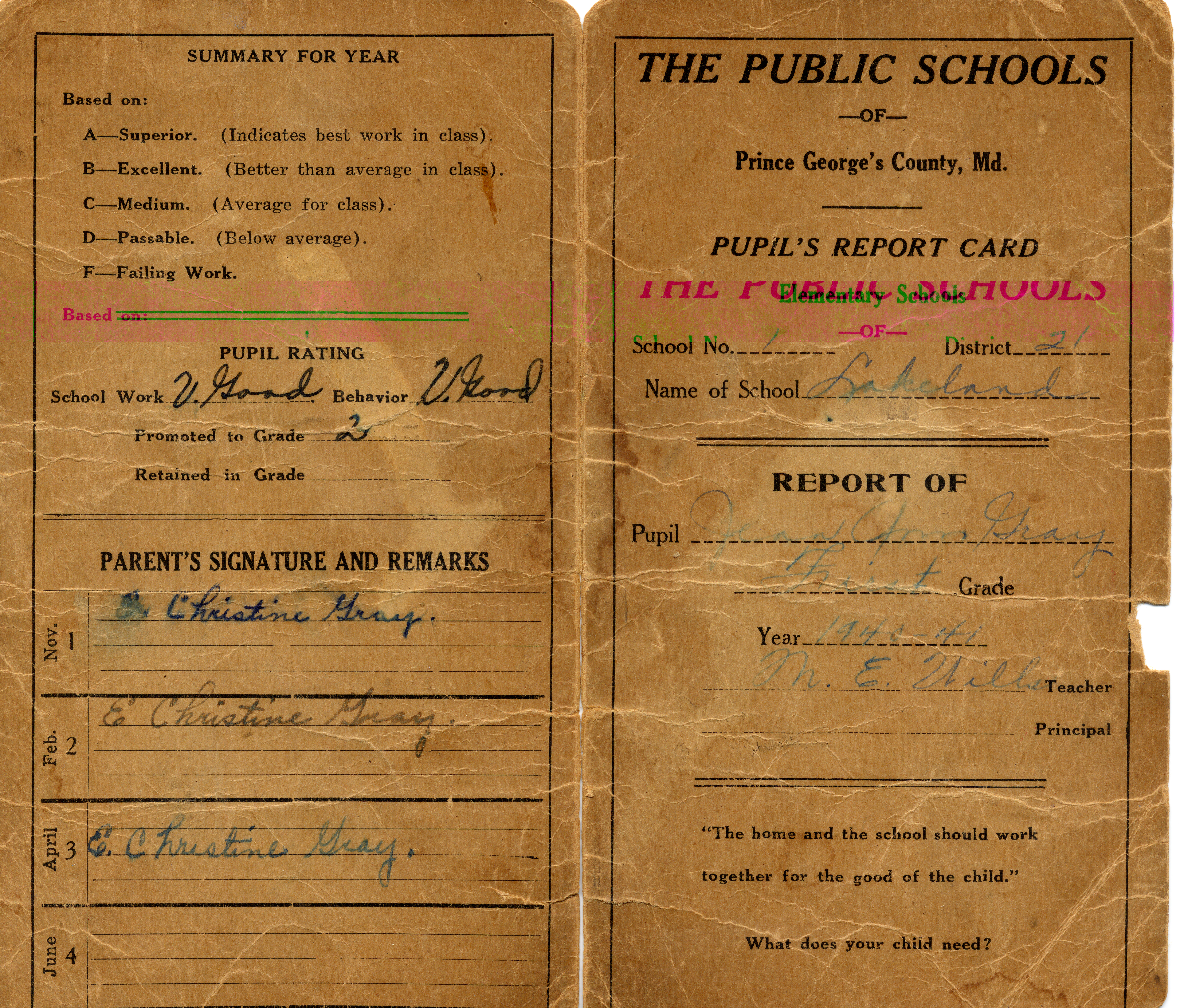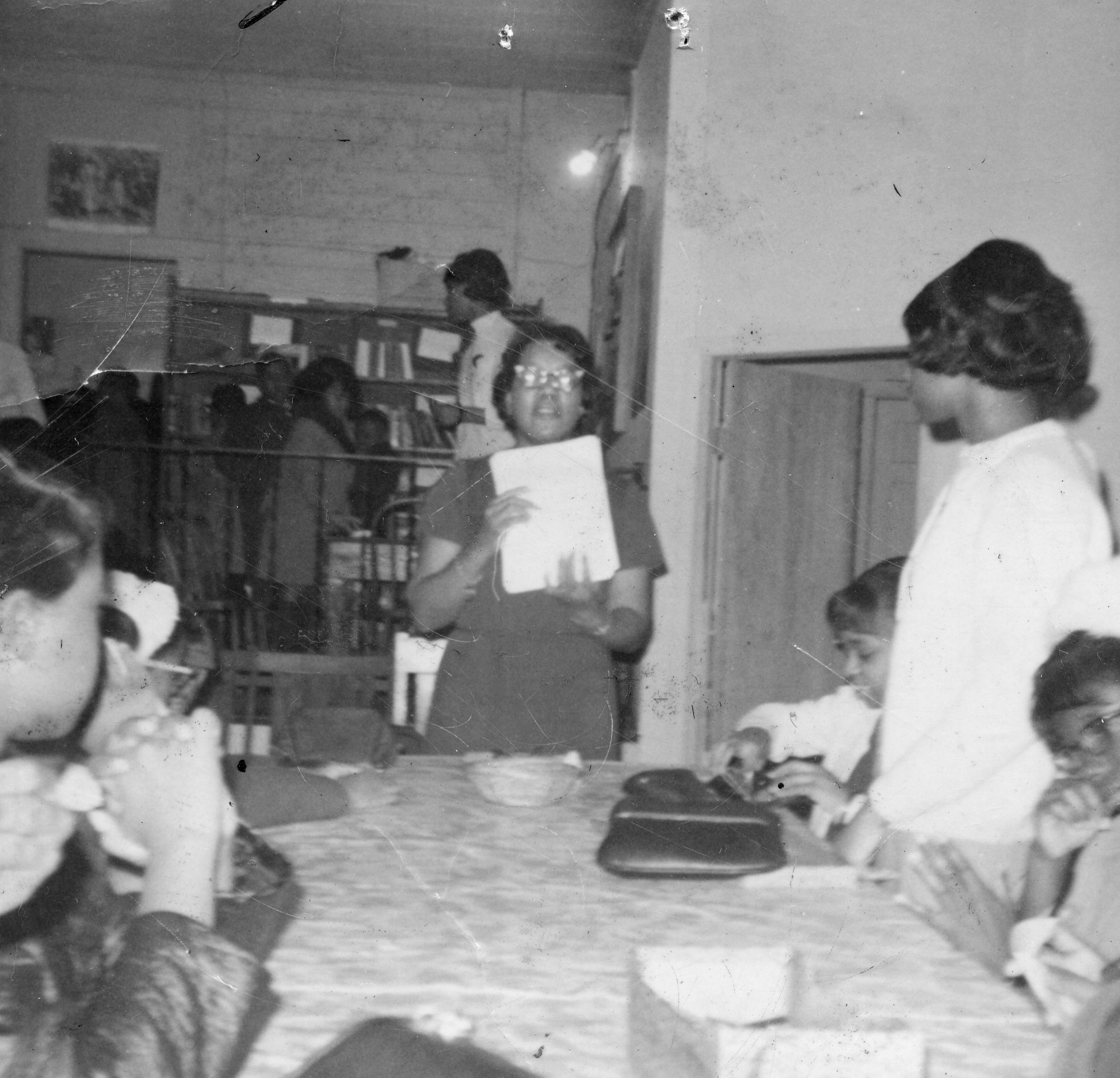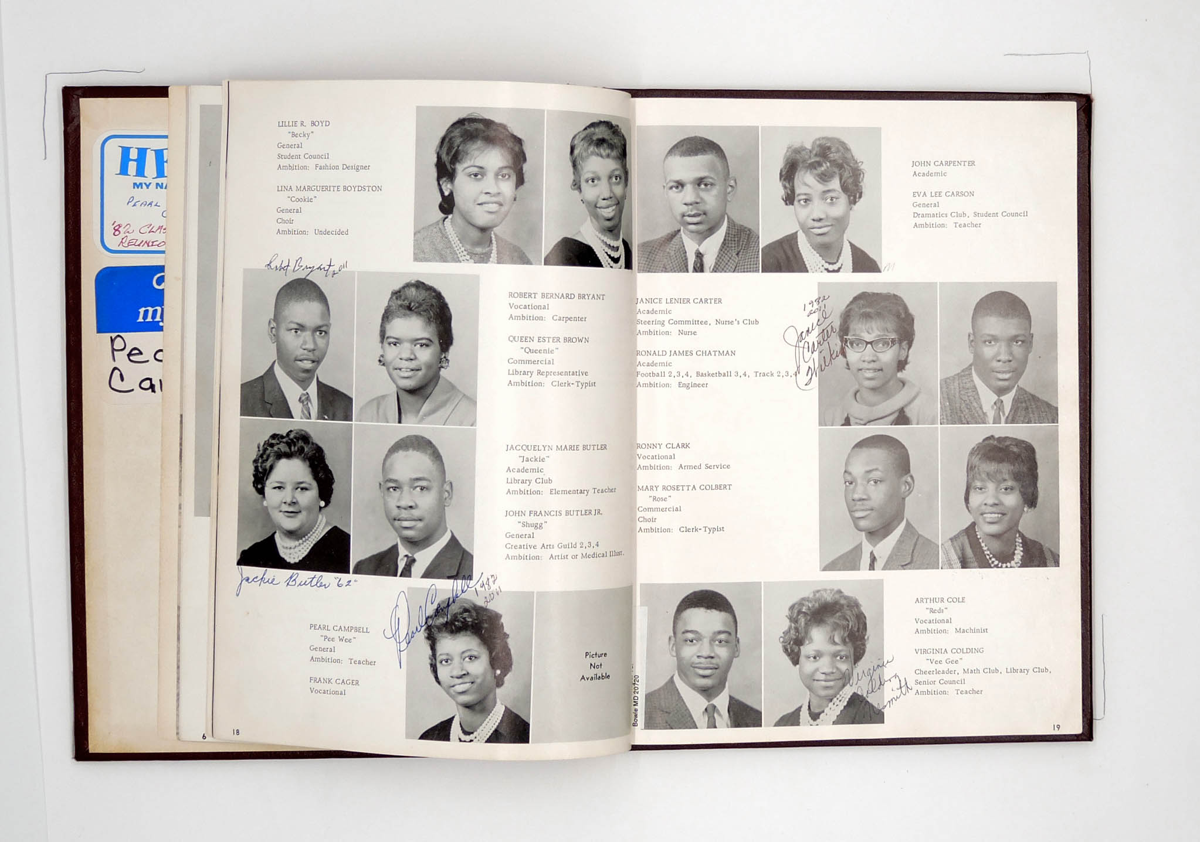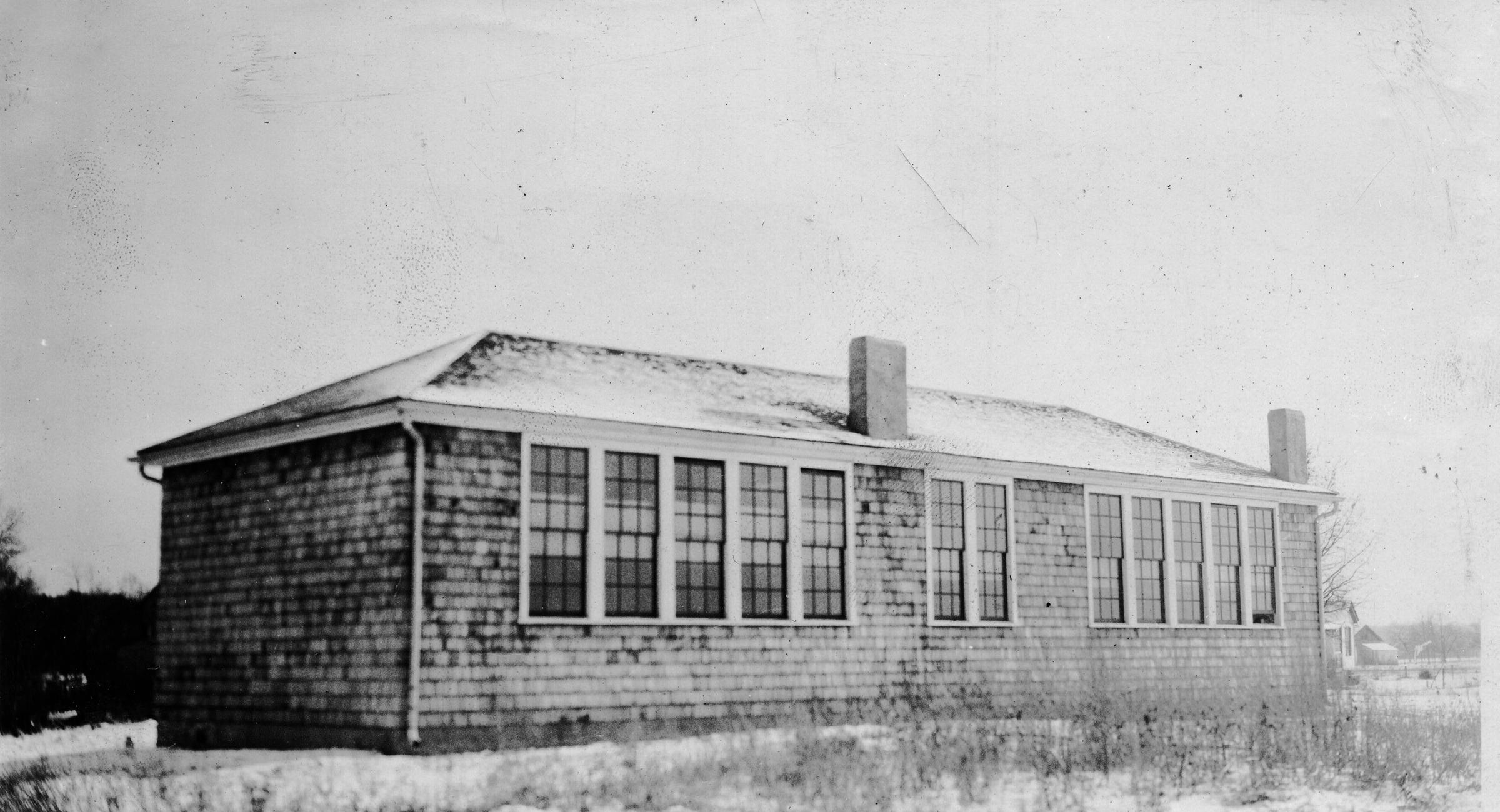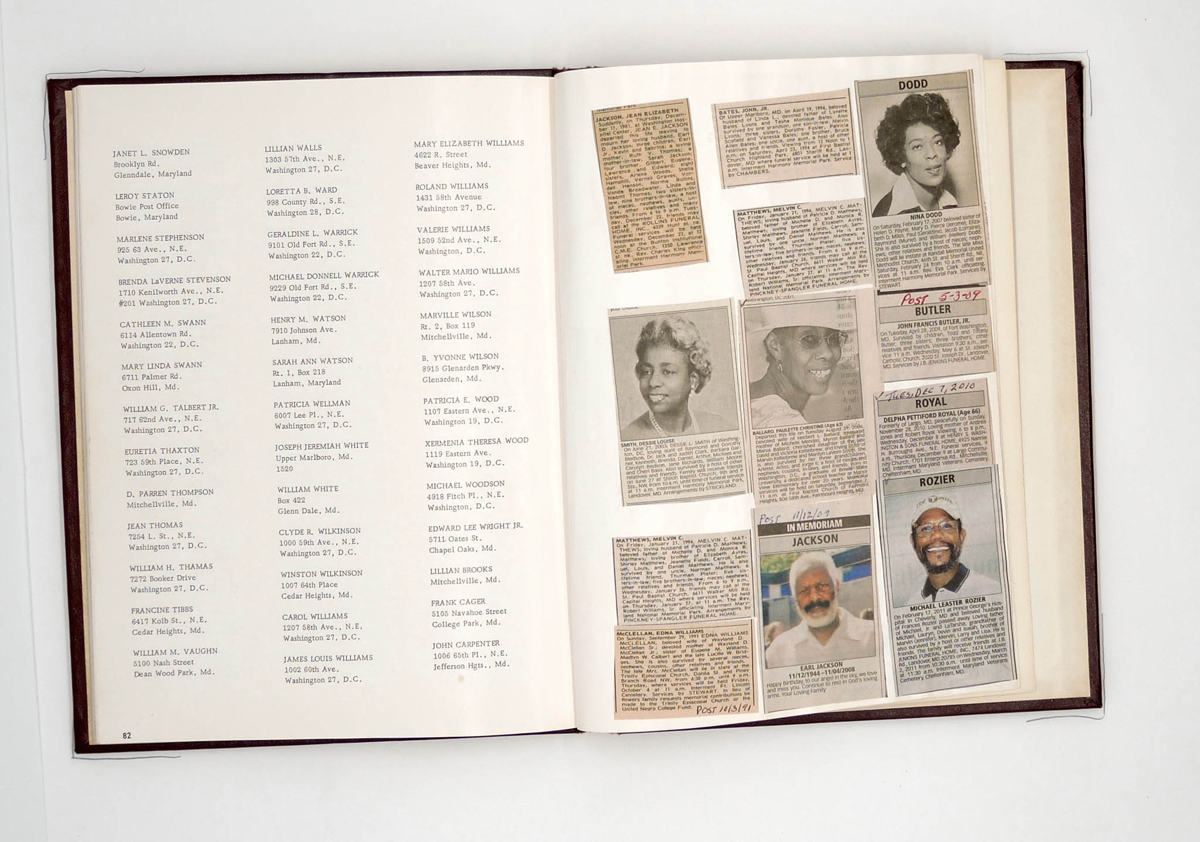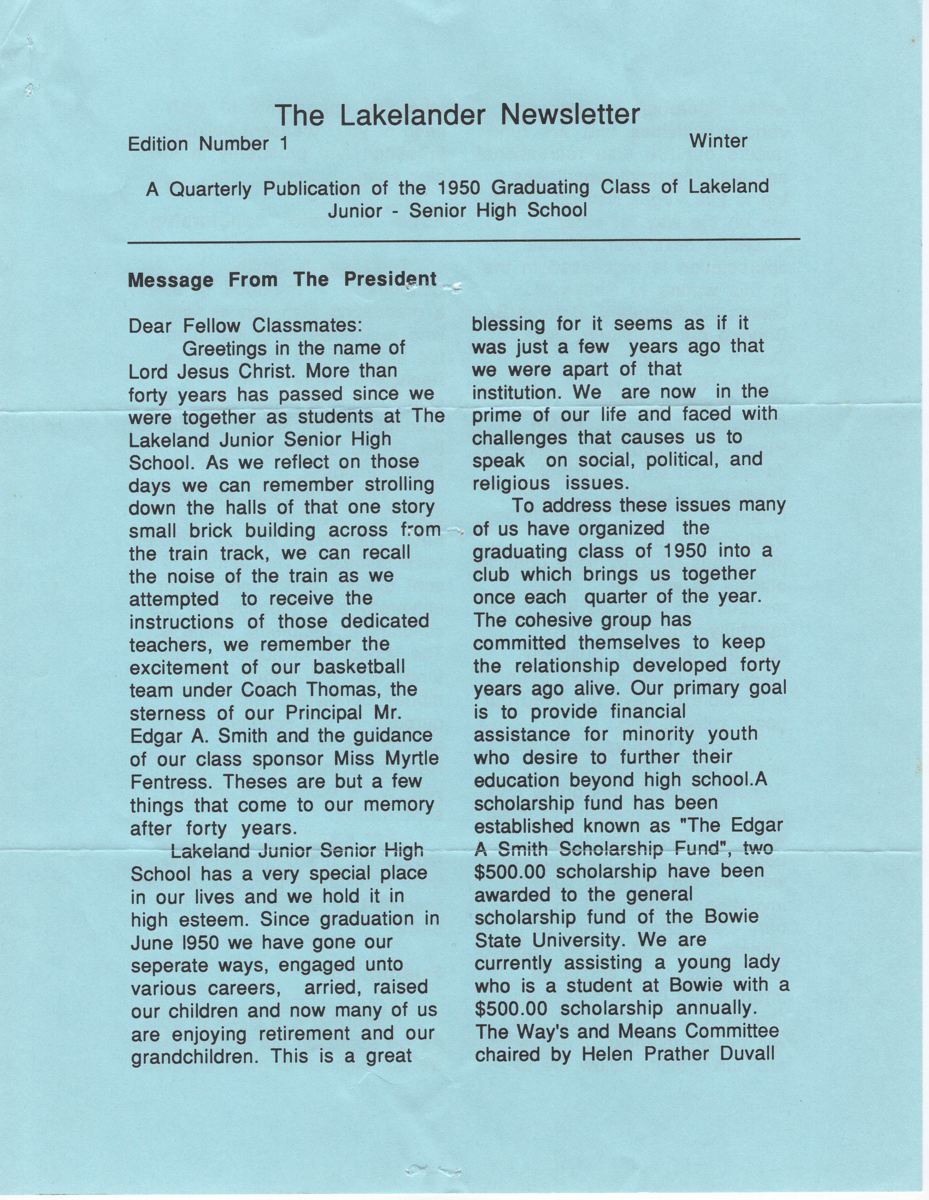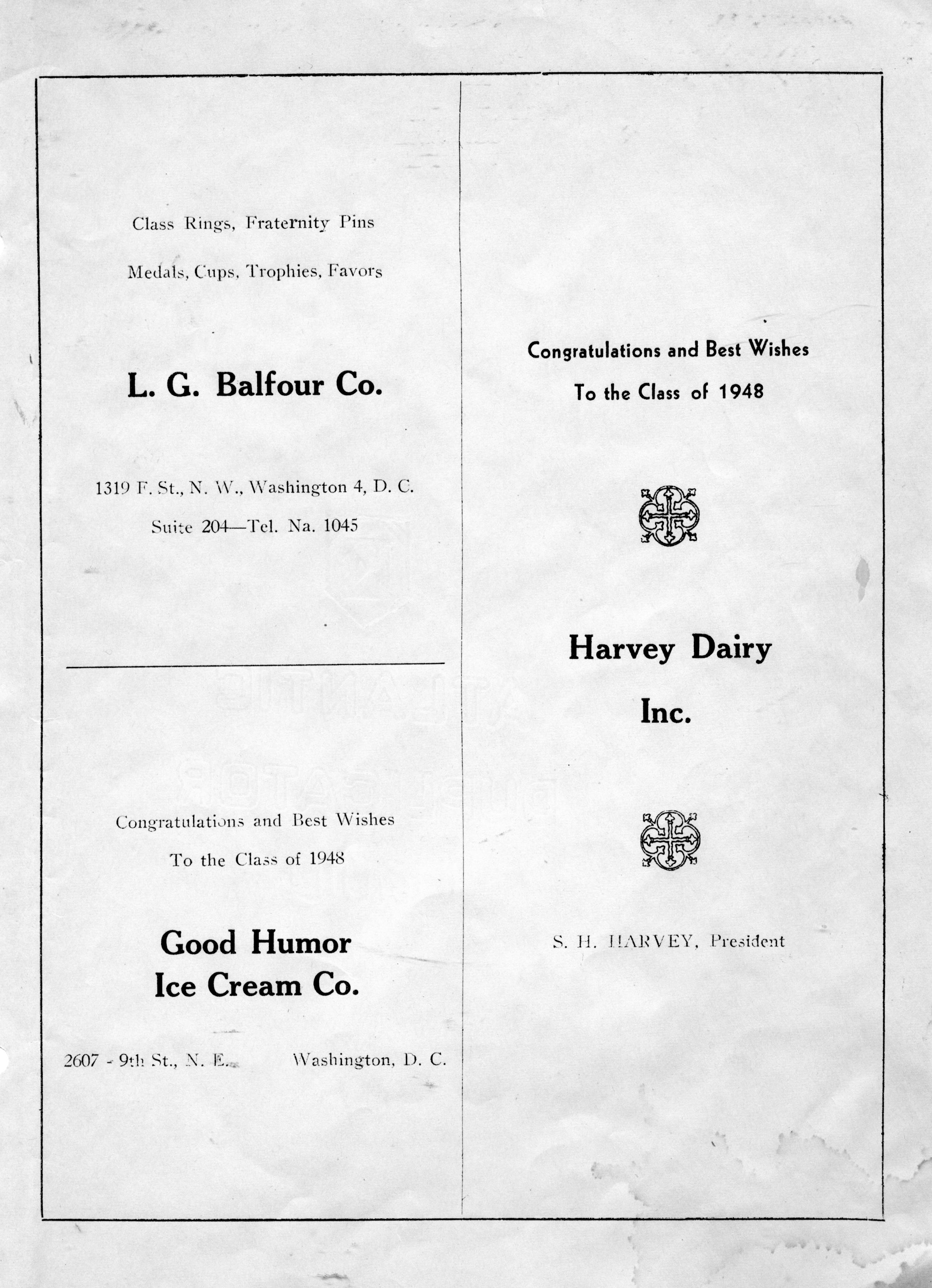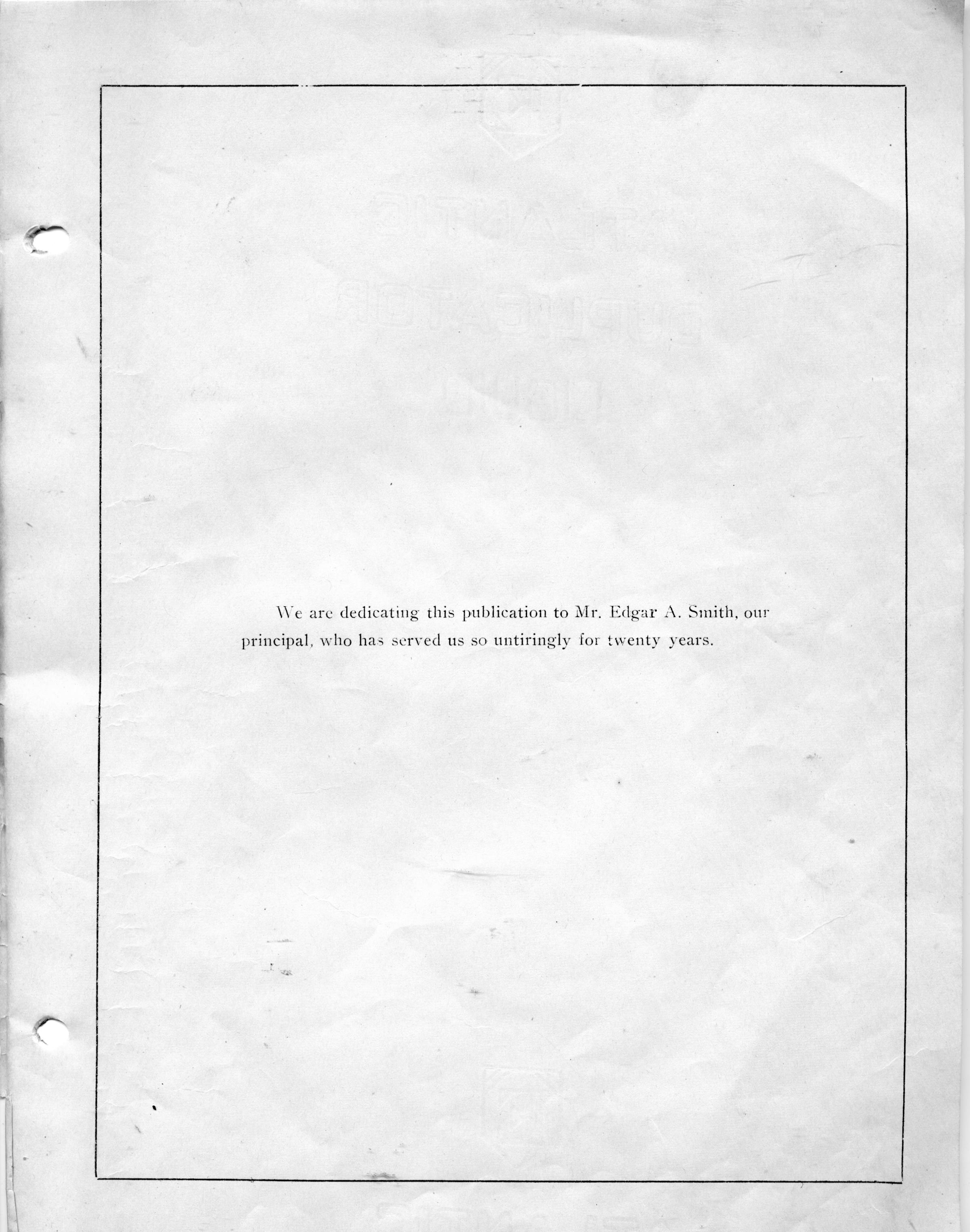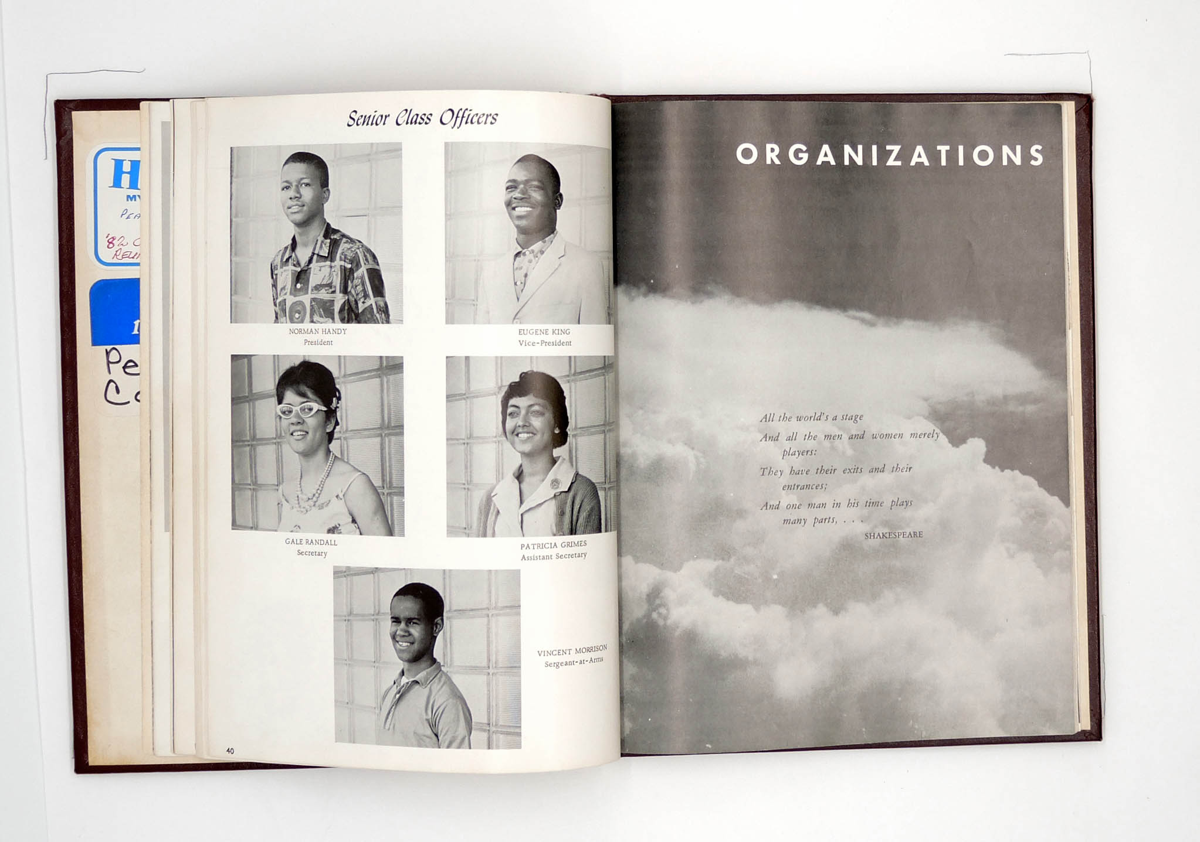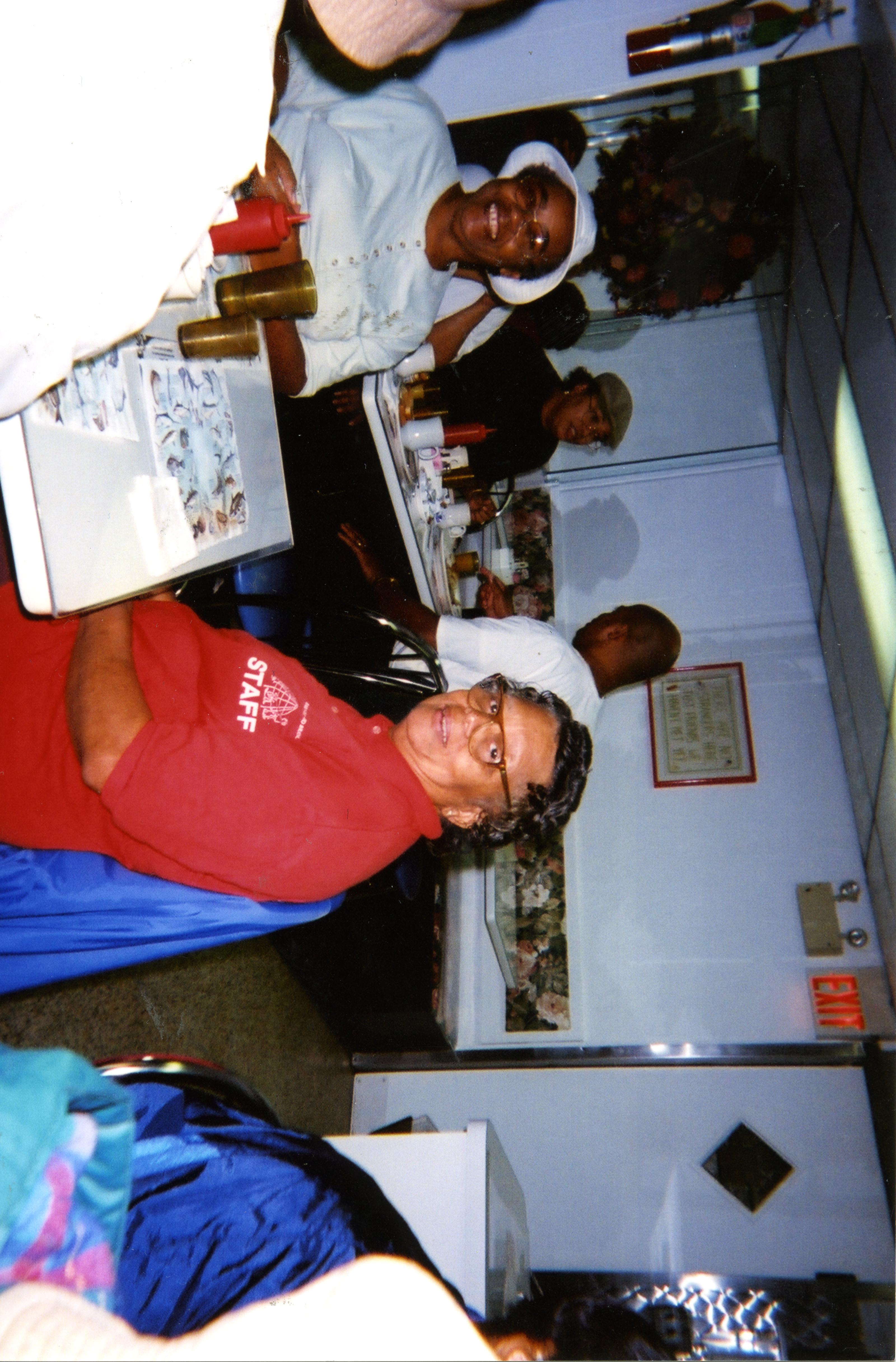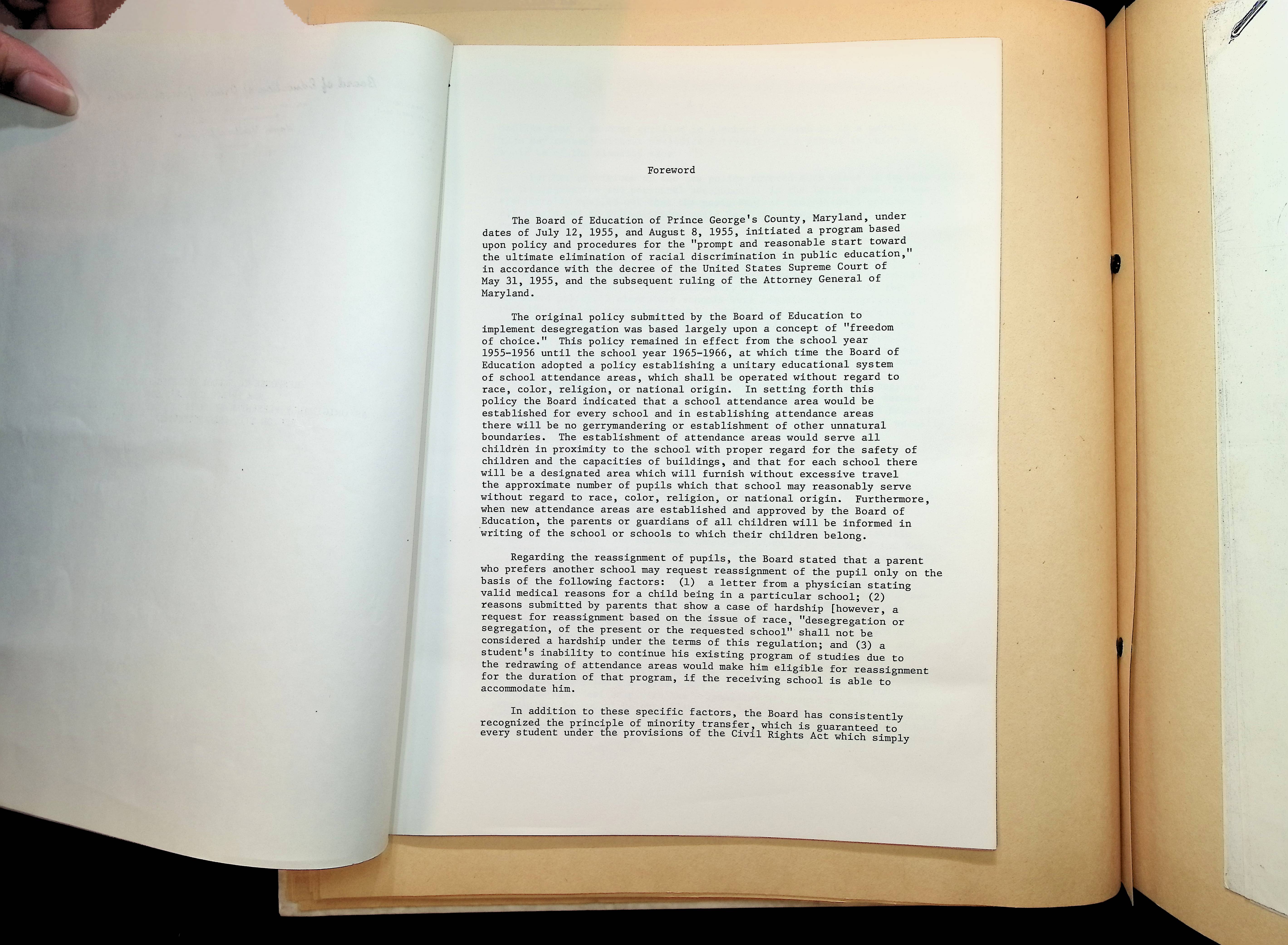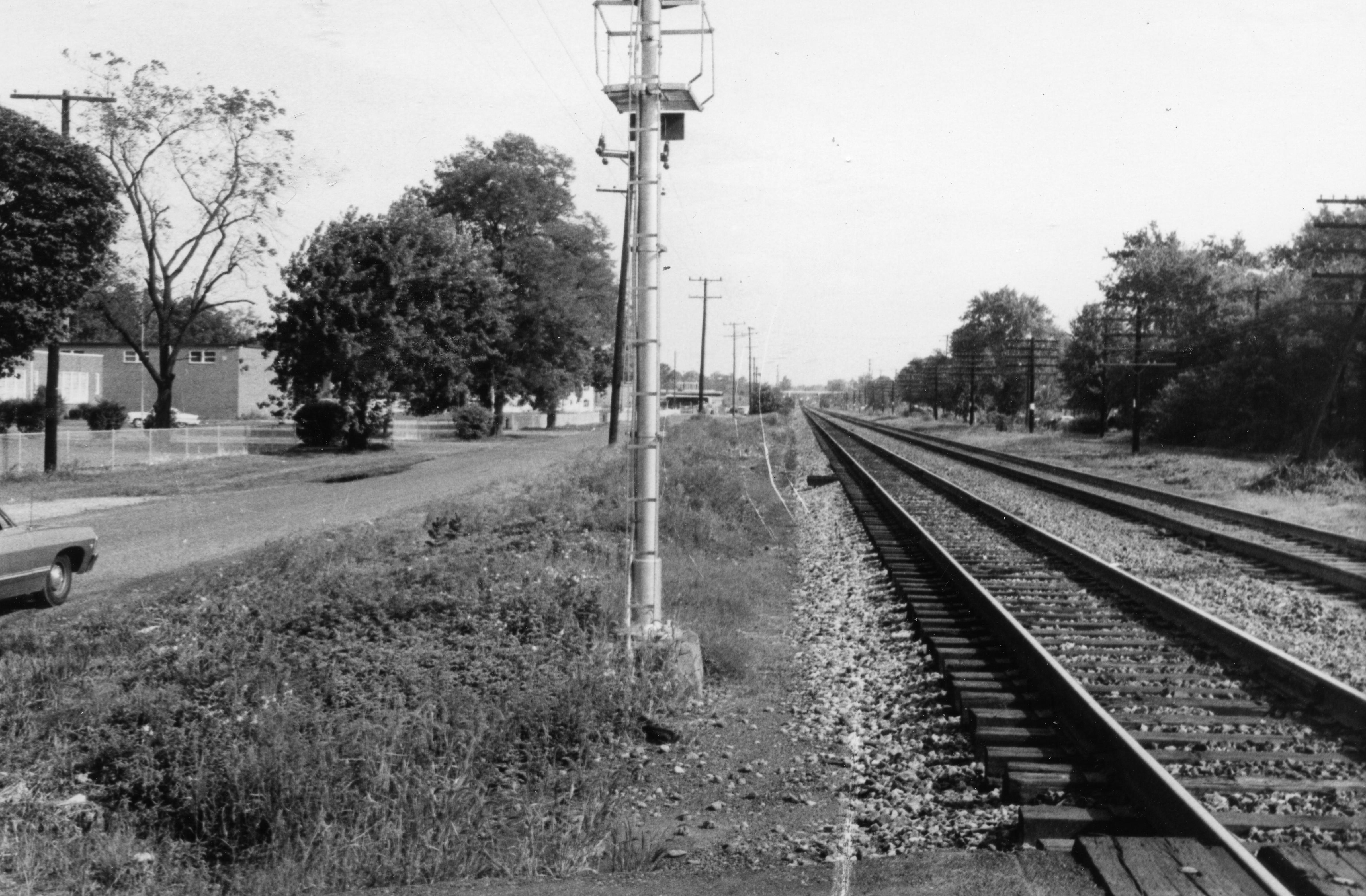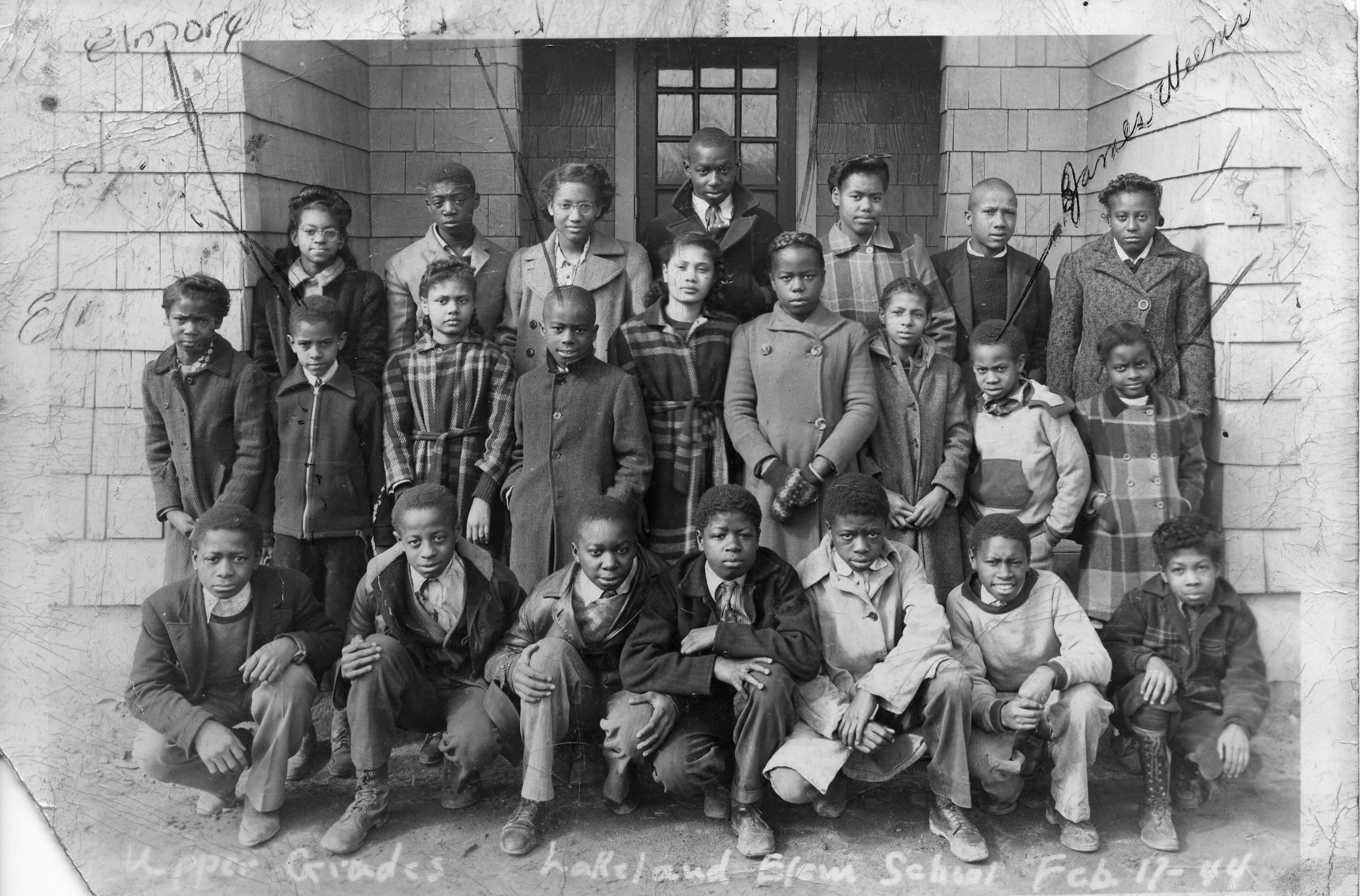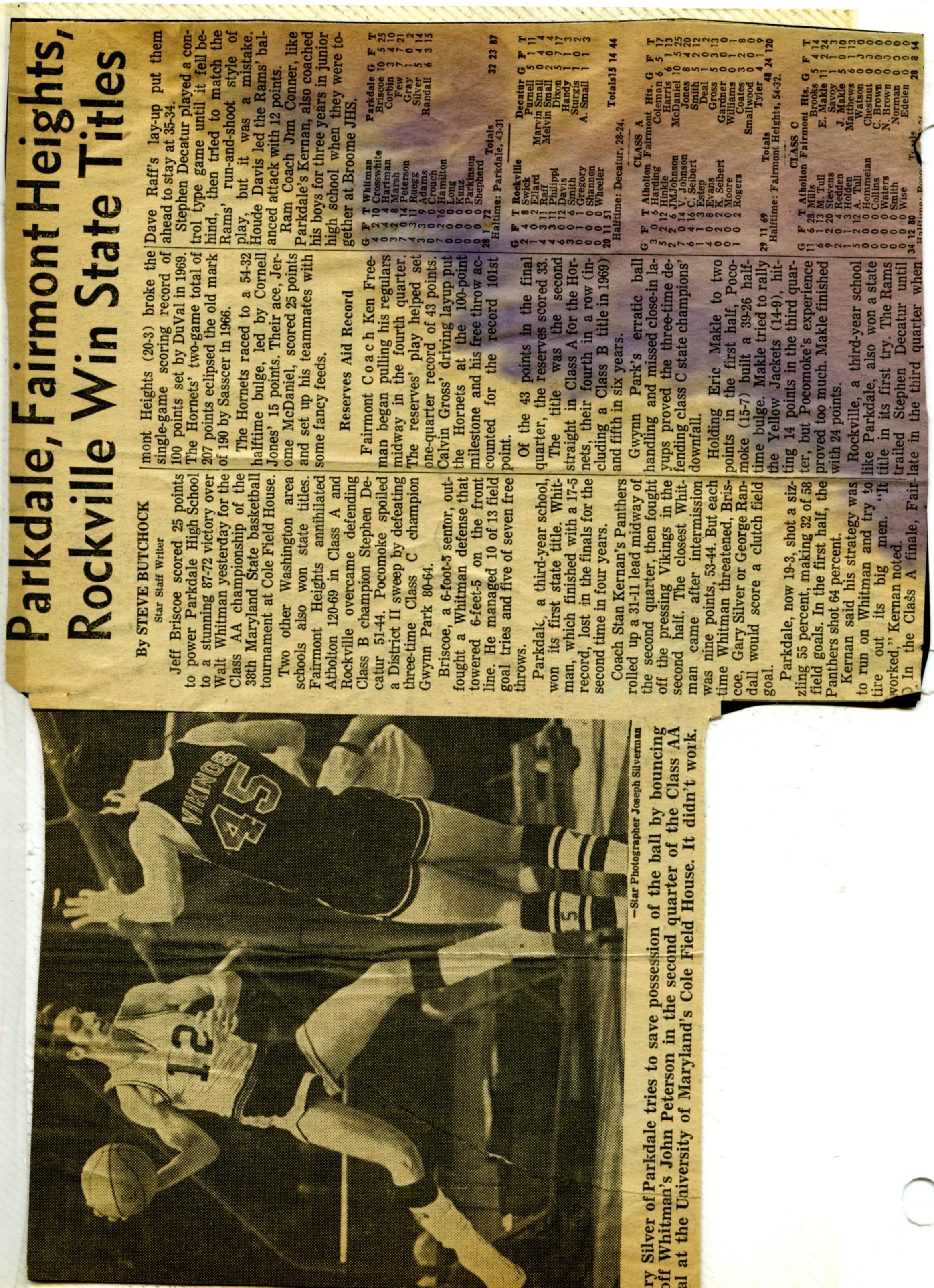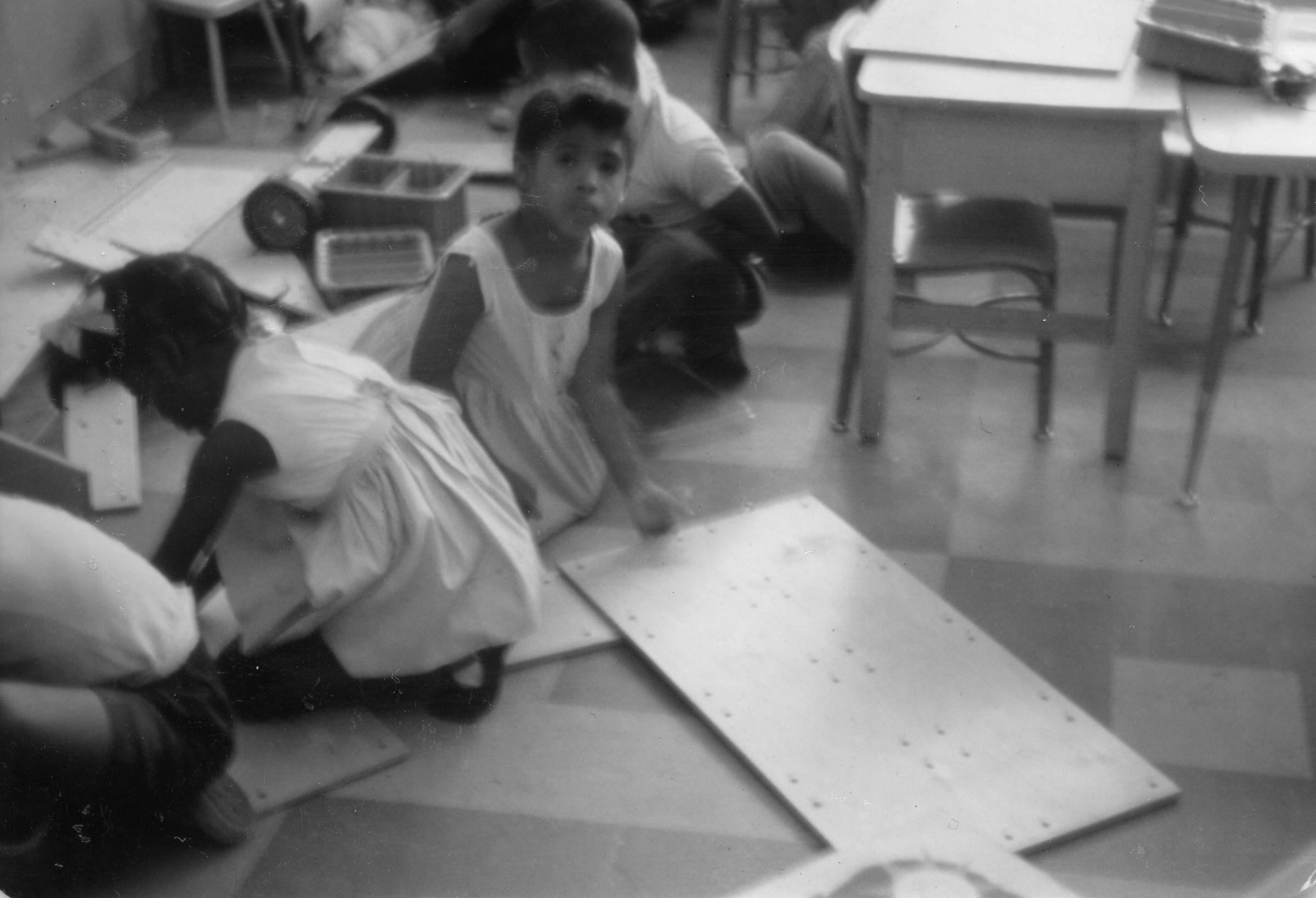An oral history interview conducted with Julia Pitts during Lakeland Heritage Weekend 2008. Mrs. Pitts discusses her childhood in Beltsville, Maryland. How living in a predominantly white community affected her childhood, the relationships that existed in that community, and being educated in an all African-American, one room school house from first to seventh grade.
Though she was born in Montgomery County, Maryland, where her parents met, they moved to Beltsville when she was young. She describes how her family lived on the "white" side of Beltsville, and how she walked to school on the other side of Beltsville, because the school in her community was only for white children. She discusses her relationships with white children in that community, how the community stuck together, and how she didn't feel the effects of segregation until later in life.
She also discusses her different places of employment. After dropping out of school after seventh grade, to help her mother support the family after her father died, she worked as a nanny for people within her Beltsville community. She later got a job at the University of Maryland, through a contact in her community. She worked at the University on the housekeeping staff, a job she didn't keep for long, because she applied for a position with Prince George's County. She spent most of her life working for Prince George's county as a community aid.
Mrs. Pitts explains segregation's effect on her life, on the lives of her two children, and on those who lived in the Lakeland Community. She discusses in detail a case of discrimination at a local bank, which prompted the NAACP involvement. She briefly explains how she felt about Urban Renewal in Lakeland, and how other people in the community felt about it. Her home was not affected by Urban Renewal but she understands how it effected others who lost their homes.
A common theme throughout the interview was Mrs. Pitts' involvement in church groups and both the Baptist and Methodist churches in Lakeland. She is an active member of Church Women United, and mentions the organization several times throughout the interview.
